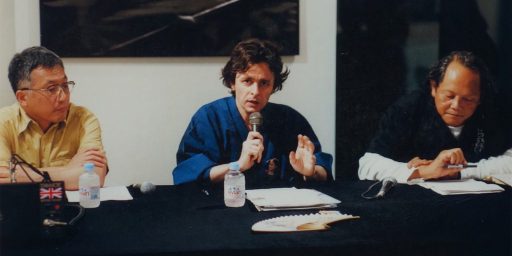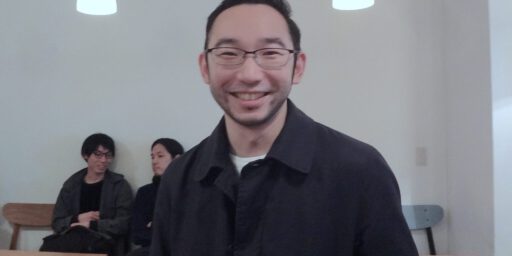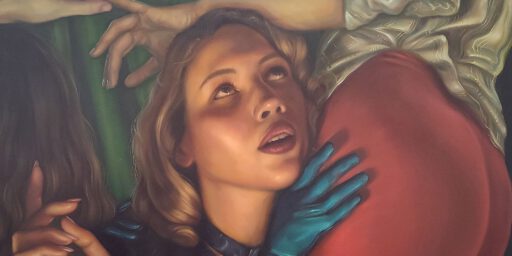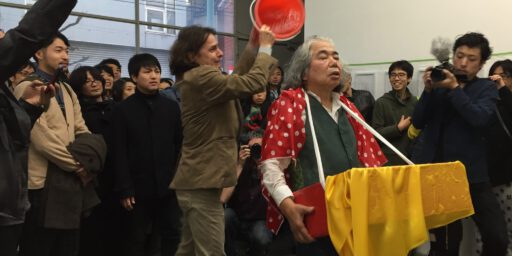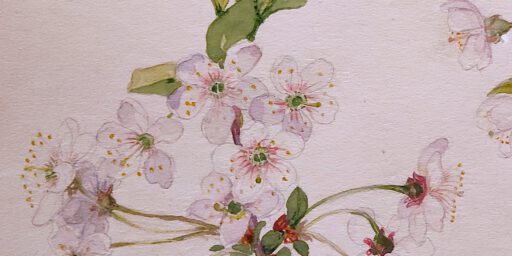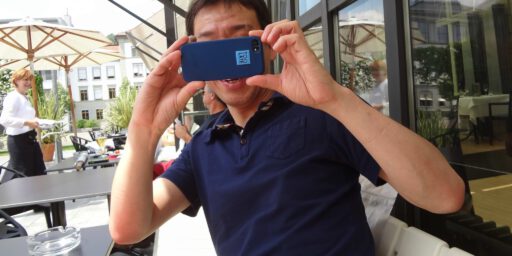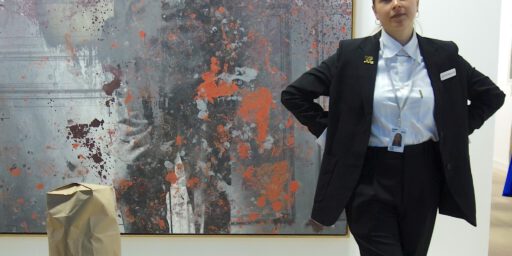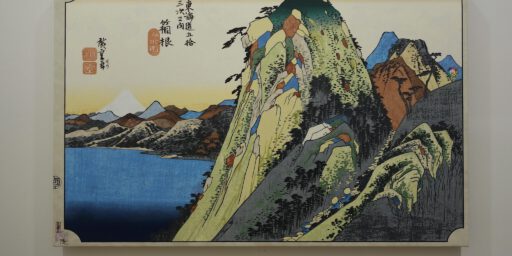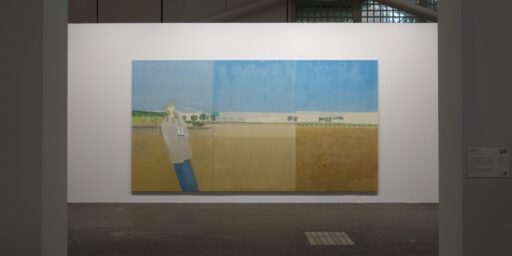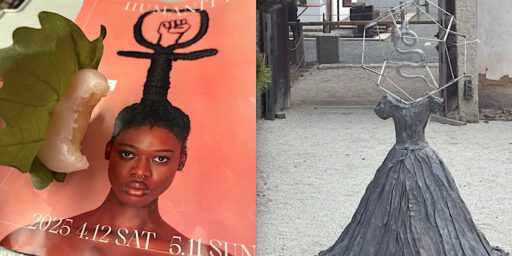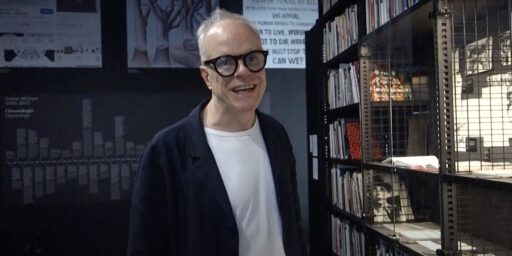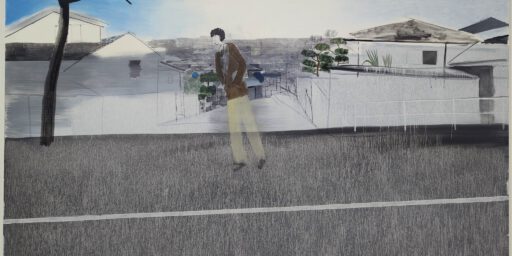非常に優れている企画展「Viva Video! 久保田成子展」@ MOT! (現代の最高の日本人アーティストである長島有里枝さんは久保田成子の正統な後継者)
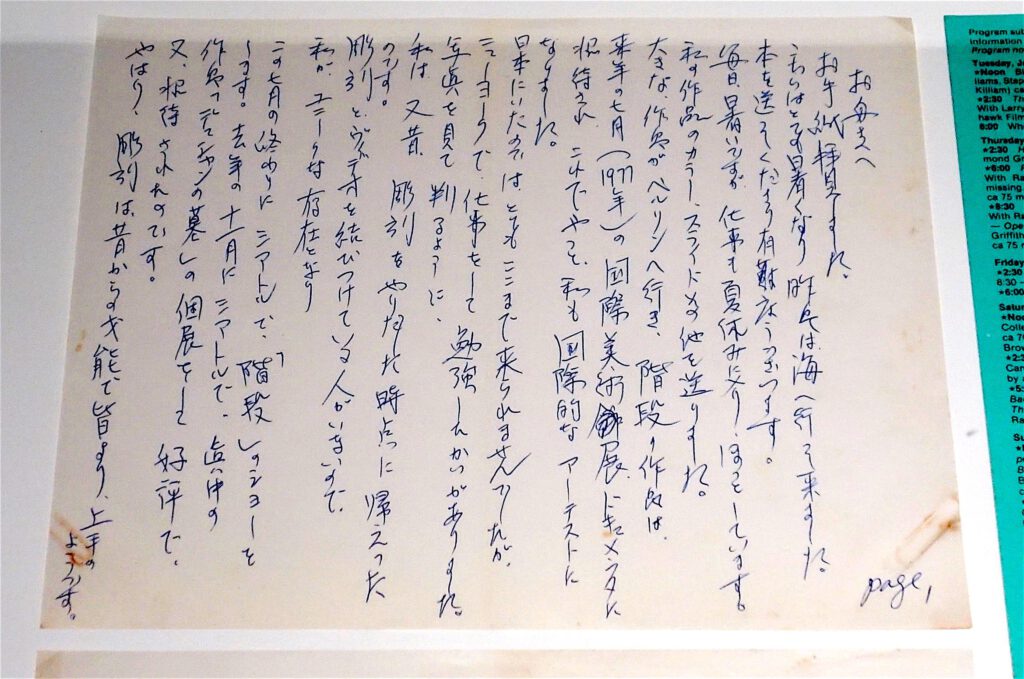
-1024x703.jpg)
それは、自分の母親との闘いである。不自由な母親を擬人化するのは、日本社会の窮屈さである。
それは、儒教的な男性の世界に支配されているということです。
現代の最高の日本人アーティストである長島有里枝さんは久保田成子(1937-2015年)の正統な後継者だと思っています。Both are the most relevant artists for Japan。
(参考へ:)
現代美術のスター 長島有里枝 @ MAHO KUBOTA GALLERY
Contemporary Art Star NAGASHIMA Yurie @ MAHO KUBOTA GALLERY
https://art-culture.world/articles/contemporary-art-star-nagashima-yurie-長島有里枝/
2009年11月2日に、私はARTiT公式ブロガーとして「久保田作品の大規模な回顧展はいつ開催されるのか」という記事を掲載しました。
https://www.art-it.asia/u/sfztpm/q0PyzIcKValvSNCwO5RW/
そして、2009年11月11日に
「久保田成子氏の貴重なお話し」
https://www.art-it.asia/u/sfztpm/XbYPBFEhA8dC1vu7mKRD/
5ヶ月後、優秀なキュレーターや教授として活躍なさる四方幸子氏から以下のコメントを私のARTiT公式ブログにいただきました。
「亜 真里男さま
コメント、ありがとうございます!
(以前お会いしたことがありますよね‥!?)
成子さんについてのブログ、読ませていただきました。
彼女の個展、実現するといいですね‥。
彼女、少し足が悪いようで、車いすの補助をうけていました。
パイクさんがなくなってから、ずっとかなり病気だったとのことで、ようやくパイクアートセンターを訪れることができたのが、4/12だったようです。
ではではまた。今後ともよろしくお願いいたします。
四方幸子
コメンター Shikata Yukiko 2010/04/18 10:16 」
そして5年後、非常に残念なお知らせを発表する事になりました。
追悼-アーティスト 久保田成子 (2015年7月30日)
https://www.art-it.asia/u/sfztpm/2ySjcizXLEtrsvFHlOCW/
私は日本現代アートをより良くする為に生きています。自分のアート実践とは別に、時間、エネルギー、知識、お金や肉体の力を無駄にしたくありません。久保田成子が存命であった当時に回顧展が実現できなかった事実は、日本の美術界の恥さらしだと言いたいです。心は怒っています。
例えば、前横浜美術館館長、国立新美術館館長 逢坂恵理子氏は日展を応援していることも同様に、公式的に私の怒りをお見せいたします。
(参考へ:)
我が国にっぽんの恥「日展」”Nitten”, the Shame of our Nation Nippon
https://art-culture.world/articles/nitten-the-shame-of-our-nation-nippon/
そのぐらい、日本現代アートを愛しています。
回顧展は、アーティストの死後ではなく、その人が生きている間に行われるべきものなのです。
つまり、今回の久保田さんの展覧会は、10年どころか20年以上も遅すぎたのです!
今、日本の若い人たちは、1970年代にあった時間的なアートの文脈を理解できなくなっています。
すべてが非常に抽象的で、もはや時代にそぐわないものに見えます。
残念なことです。
久保田さんが『BT』でフェミニスト的、洗練された批評を書いたとしても誰も気にしない。
日本国民の中に、70年代にレズビアンをテーマにした作品が含まれる展覧会に参加した、久保田さんの革命的な先駆者的活動を理解している人はいるだろうか。
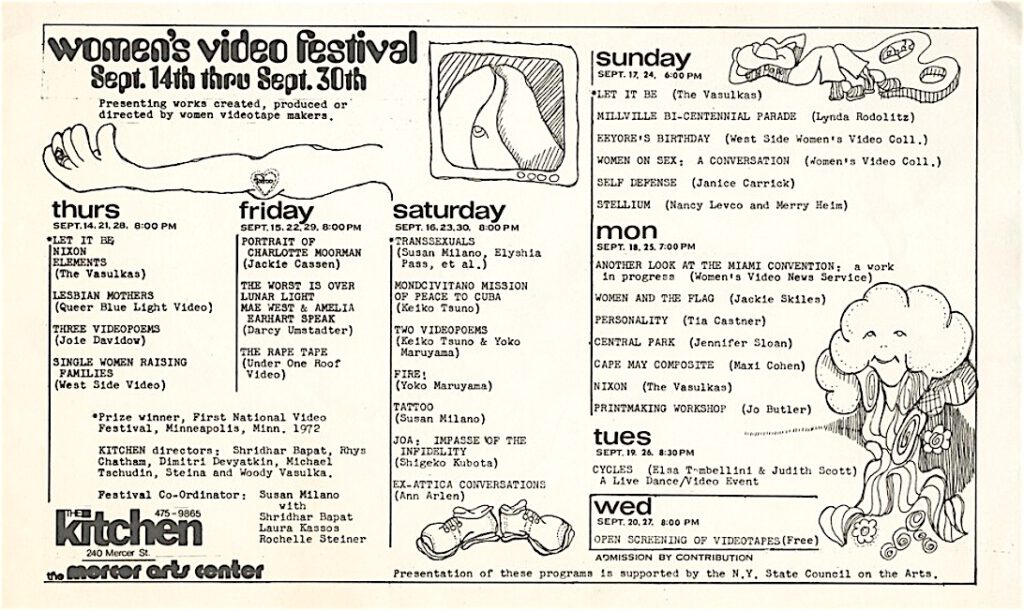
もし本当に興味があれば、MOTの非常に優れている企画展「Viva Video! 久保田成子展」を体験することを強くお勧めします。解放感と社会的自由を感じているすべての日本の女性と男性にとっての必需品です。
Art is demanding。
興味のない人は、今まで通りお好きなマンガやアニメで満足してください。そのため、日本社会の精神は、今日に至るまで幼稚で保守的なものとなっている。
つまり、あなた自身は保守系、不自由な人間です。
そんな自分を嘆いてもいいんですよ。
では、あなたはなぜ、小田実の「何でも見てやろう」に応じて、泥まみれの貧乏旅行、バックパッカーの旅をしてみないのですか。
東京、2021年12月1日
亜 真里男
Viva Video! 久保田成子展
Viva Video! The Art and Life of Shigeko Kubota
MOT Museum of Contemporary Art Tokyo 東京都現代美術館
2021年11月13日(土)- 2022年2月23日(水・祝)
Sat. 13 Nov, 2021 – Wed. 23 Feb, 2022
日本語:
https://www.mot-art-museum.jp/exhibitions/shigeko_kubota/
MOTサイトの引用文:
東京都現代美術館では、新潟に生まれ、国際的に活躍した久保田成子(1937-2015年)の没後初、日本では約30年ぶりの大規模な個展を開催します。映像と彫刻を組み合わせた「ヴィデオ彫刻」で知られる久保田は、ヴィデオ・アートの先駆者の一人とみなされています。しかしながら、彼女の現代美術への貢献は、十分に評価されているとはいえません。
本展の目的は、アメリカを拠点に日本人女性アーティストとして活動した久保田成子について、最新かつ文脈に沿った研究成果を国際的な観客に提供することにあります。2015年に彼女が亡くなった直後、その遺産を保護し、さらに発展させるために、久保田成子ヴィデオ・アート財団がニューヨークに設立されました。財団の全面的協力によって開催される本展では、復元されたヴィデオ彫刻のほか、作家によって保管されていたドローイング、資料などを中心に、国内美術館の所蔵品や作家の遺族からの借用品を含め、初公開資料を多数展示します。
ヴィデオというメディアの黎明期に、世界を舞台に自らの芸術を展開する一人の女性作家として、何を考え、どのように表現を追求したのか。新潟県立近代美術館、国立国際美術館との協働で企画された本展では、代表作「デュシャンピアナ」シリーズをはじめ、ヴィデオ彫刻、映像作品、それらのためのスケッチやアーカイヴ資料などにより、久保田の仕事を多角的に展覧します。
English:
https://www.mot-art-museum.jp/en/exhibitions/shigeko_kubota/
Quote from the MOT website:
This exhibition will be the first major survey of the art of Shigeko Kubota (1937-2015) in Japan nearly in three decades. Born in Niigata and educated in Tokyo, Kubota moved to New York in 1964 to join the Fluxus movement. Kubota became internationally known as a pioneering artist for her “video sculpture,” which integrated video into three-dimensional structures. Her contribution to contemporary art, however, has yet to be adequately evaluated.
The goal of the exhibition is to provide an updated and contextualized survey of the Japanese American female artist Shigeko Kubota to international audiences. Shortly after the artist’s passing in 2015, the Shigeko Kubota Video Art Foundation was established in New York at the bequest of the artist to preserve and further the study of Kubota’s life and legacy, in addition to advancing the field of video art. Drawing significantly from a collection of recently restored sculptures, drawings, photographs, and ephemera of the Shigeko Kubota Video Art Foundation, and complementing them with additional works from Japanese museums and archival materials from the artist’s family, the exhibition will showcase a diverse array of materials for the first time.
What was Kubota thinking and seeking as a female artist who was developing her art on the world stage at the dawn of new media art? The exhibition will present multivalent views of Kubota’s life and work through drawings, photographs, archival documents, and video – including her Duchampiana video sculpture series.
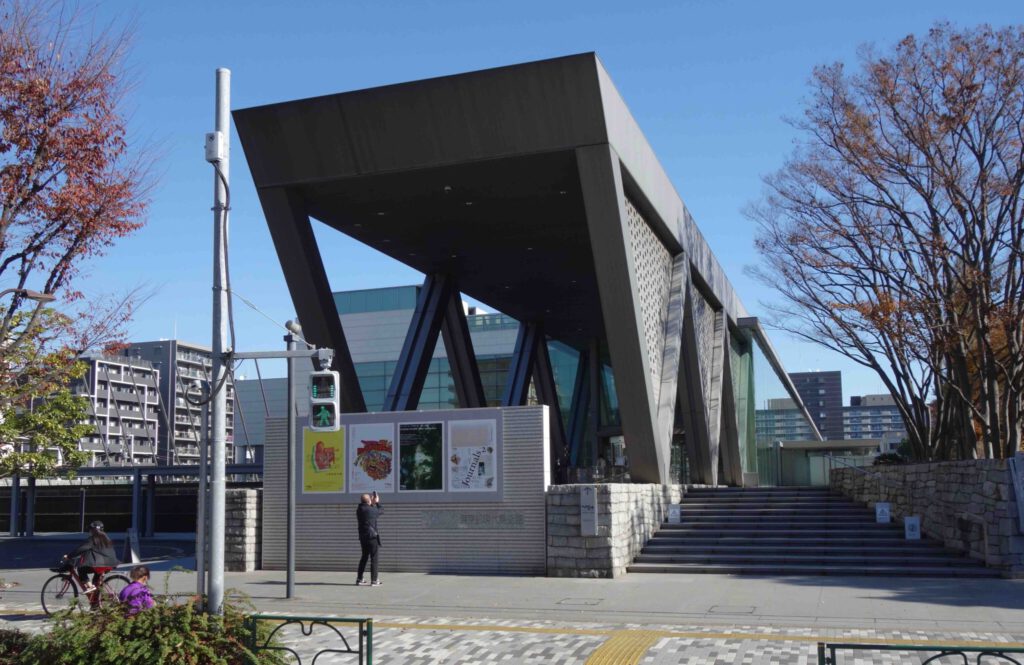
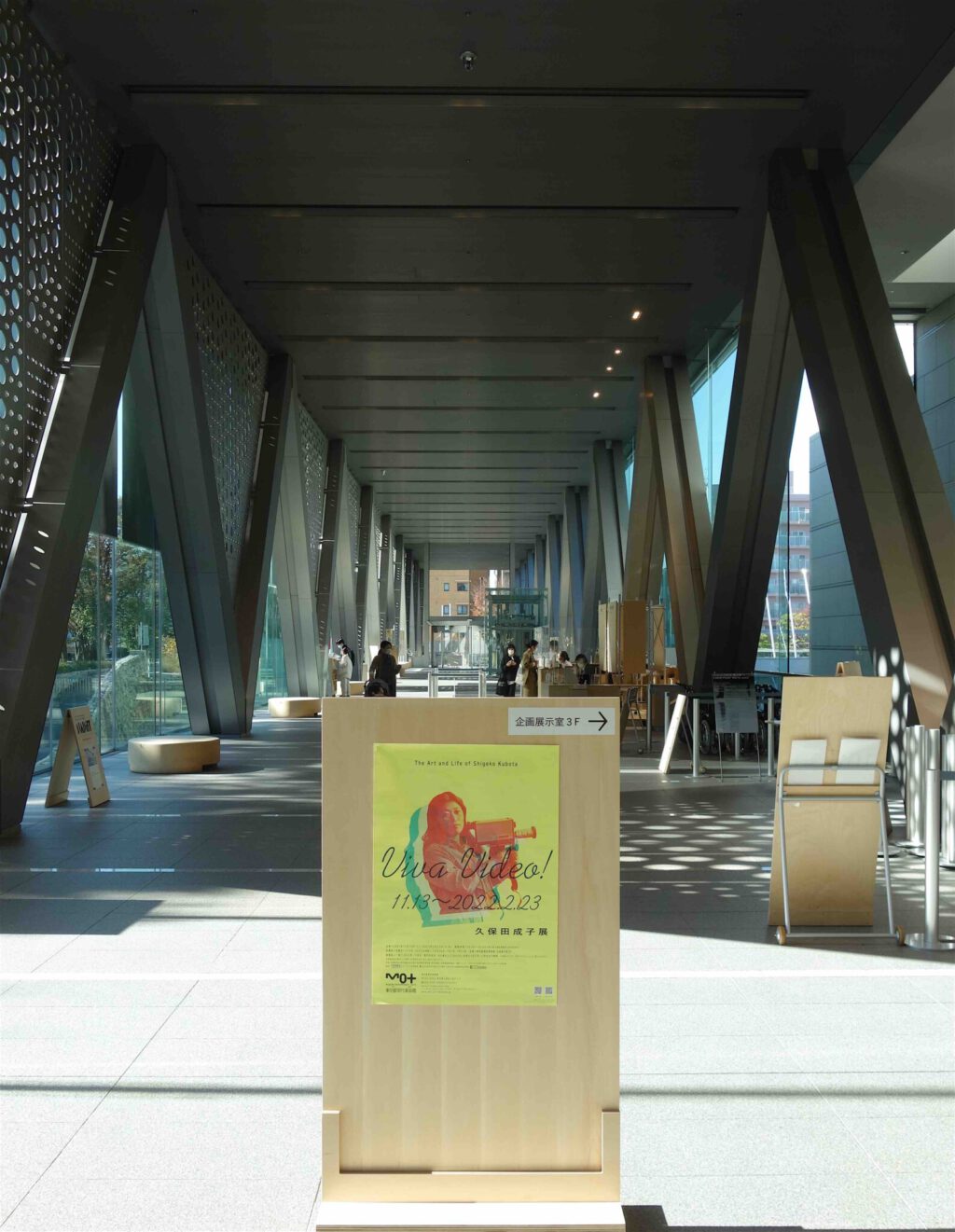
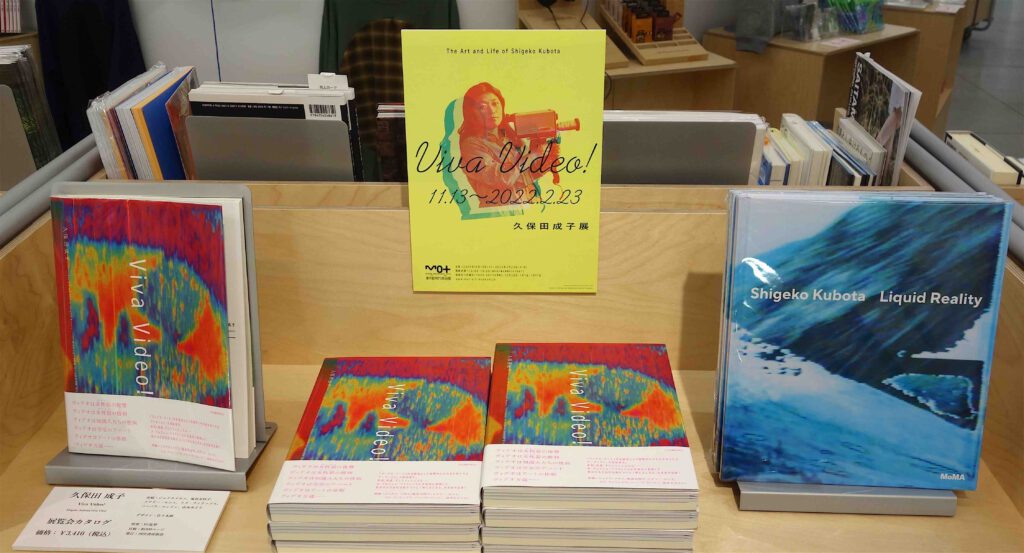
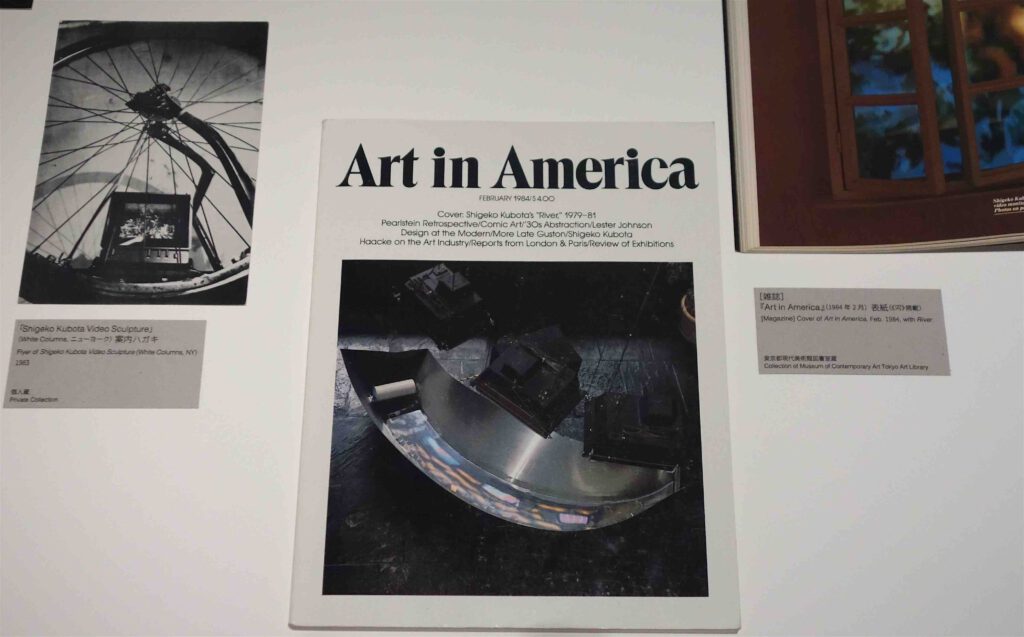
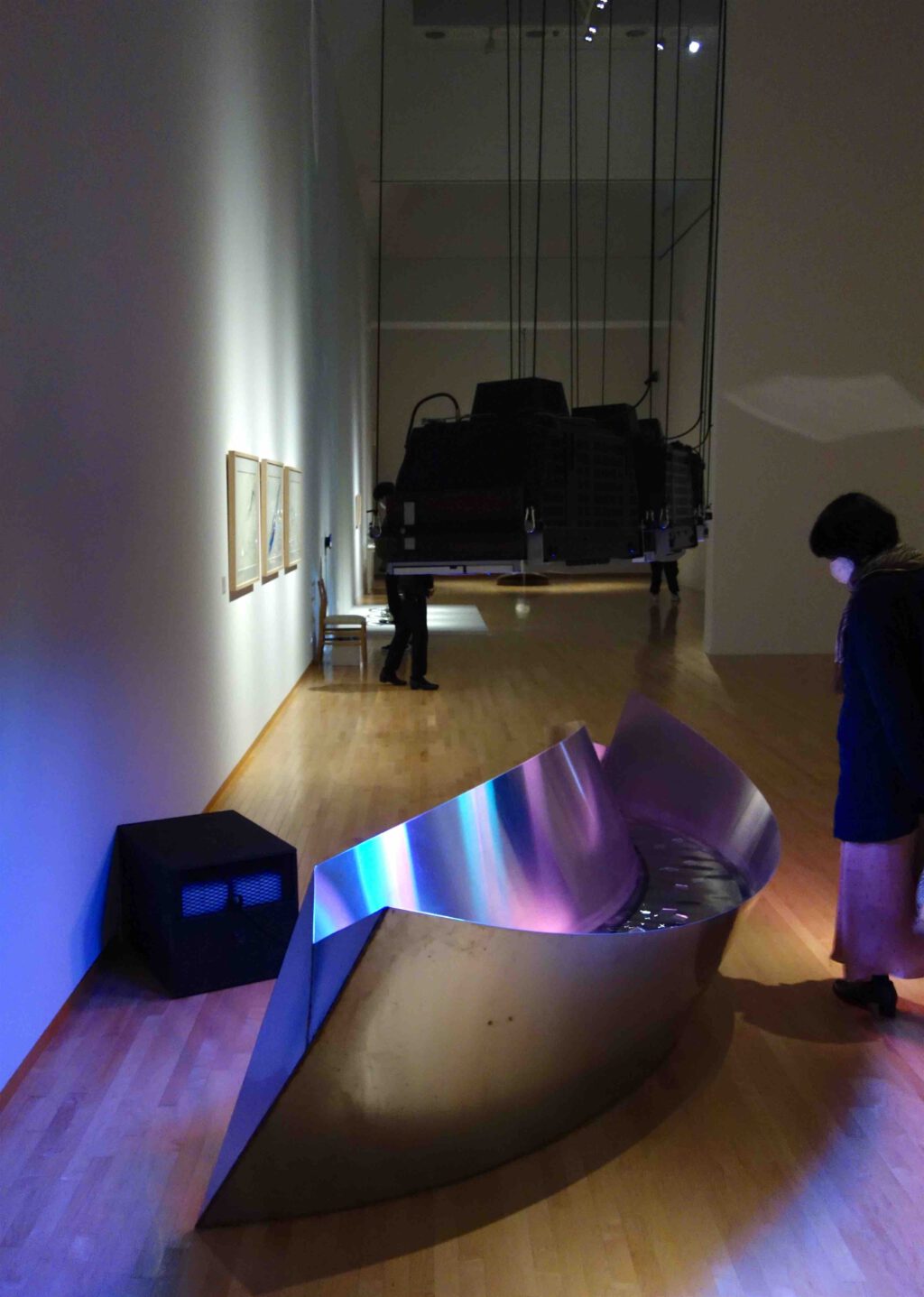
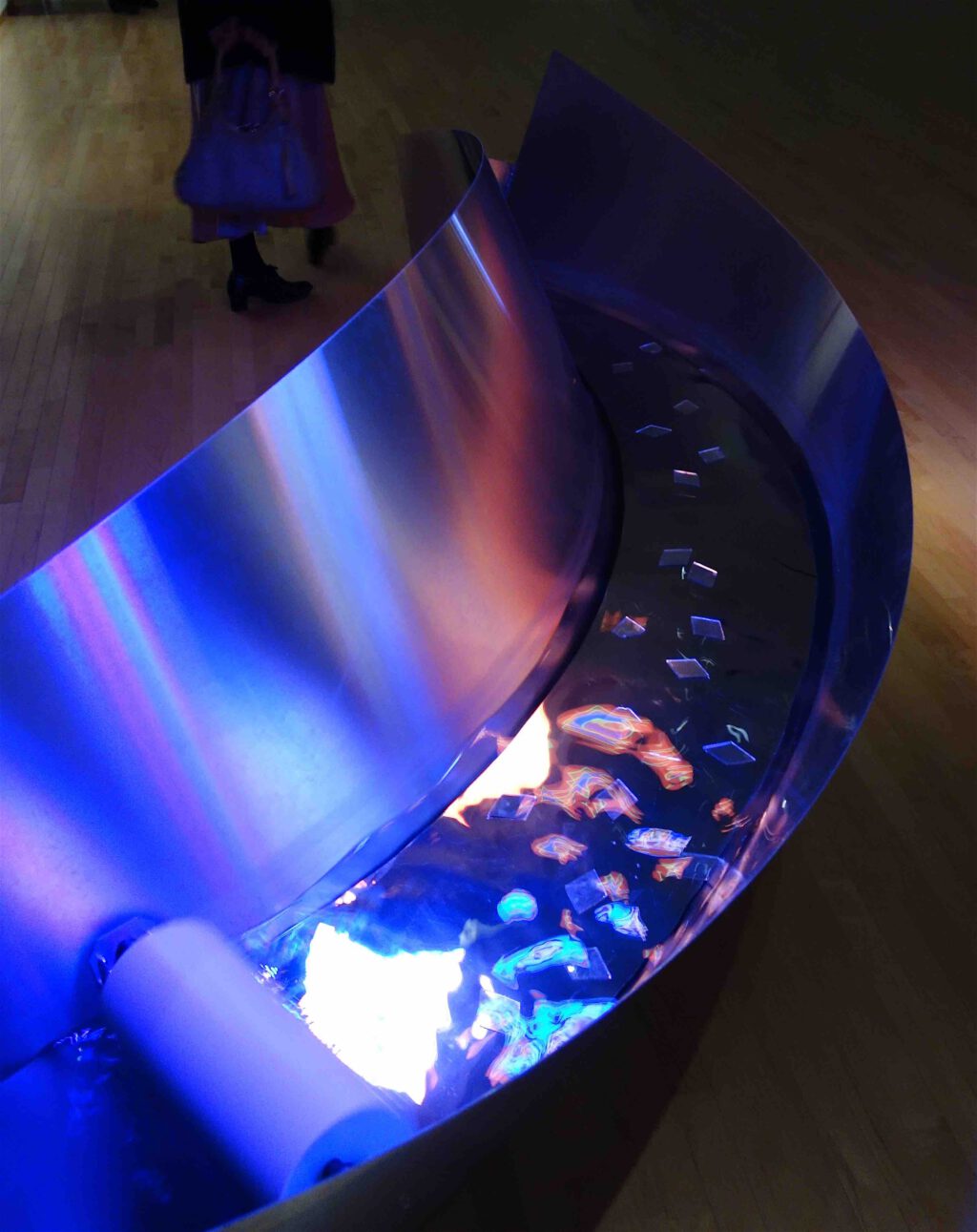
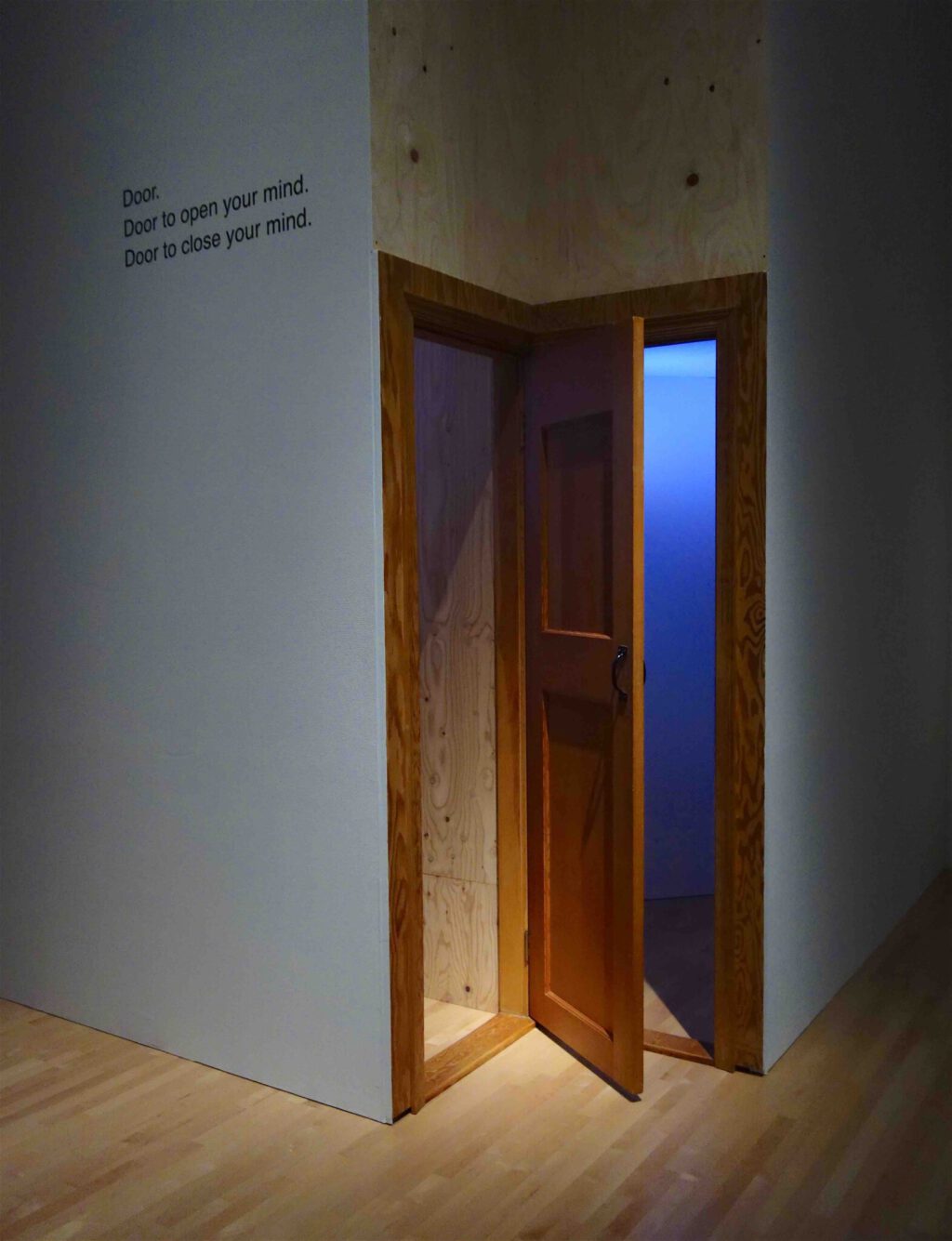
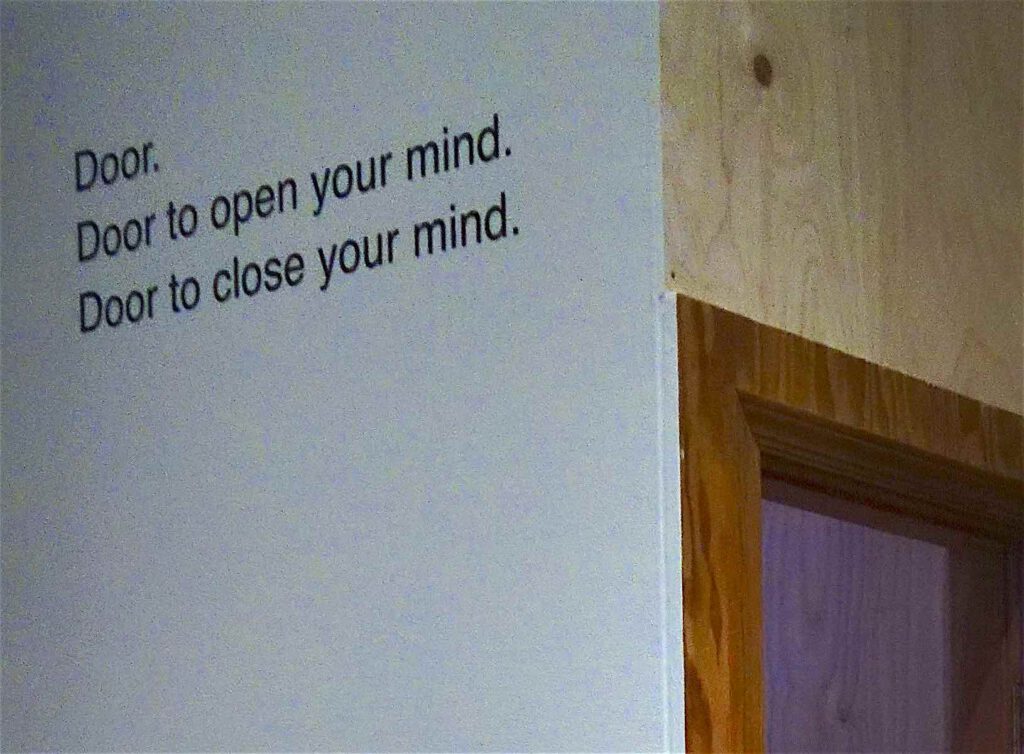
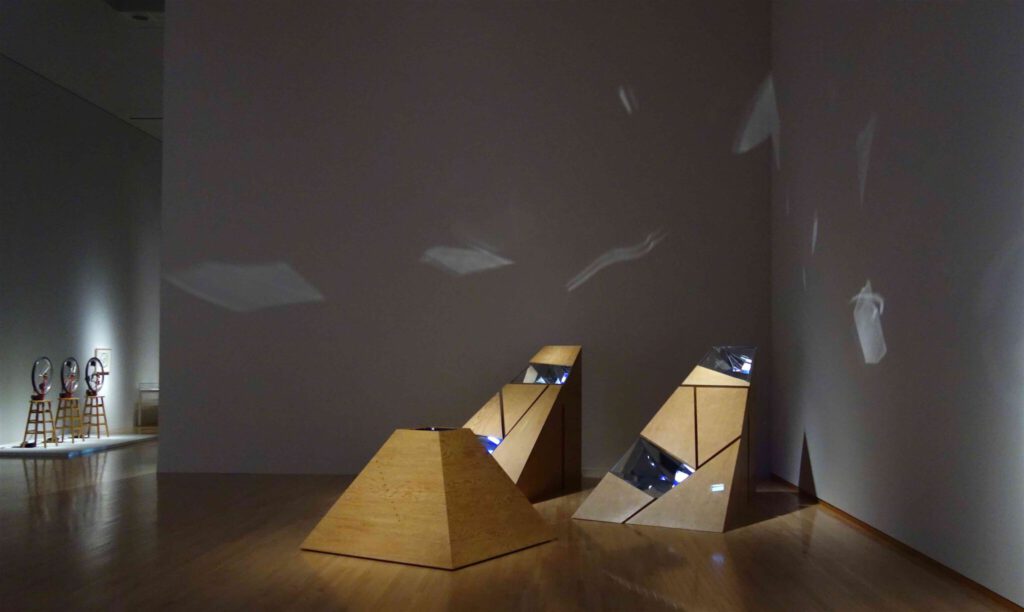
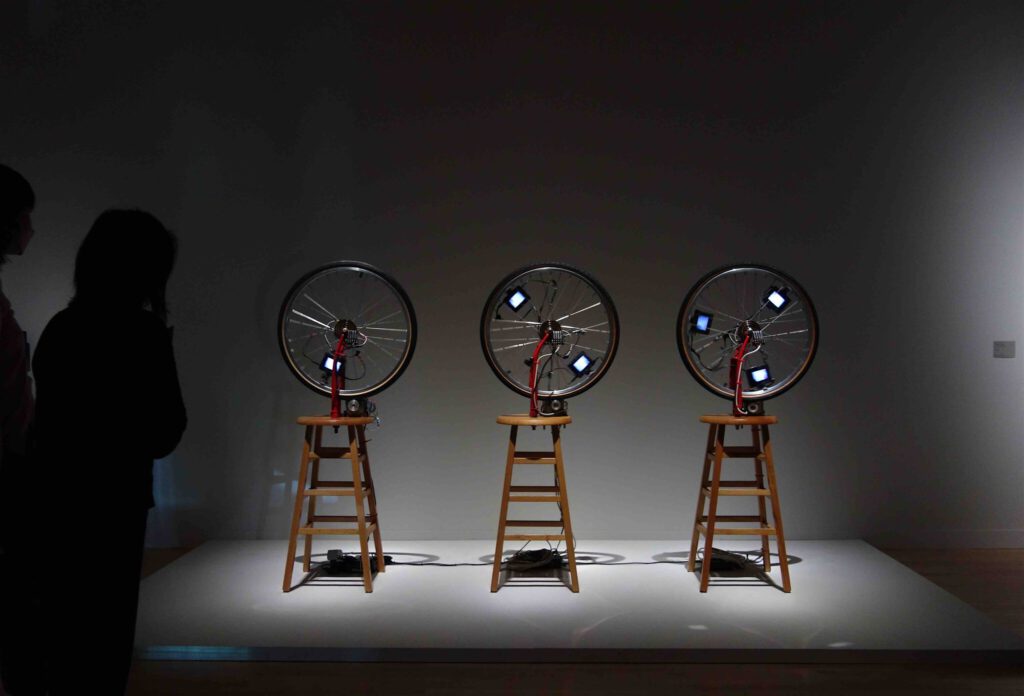
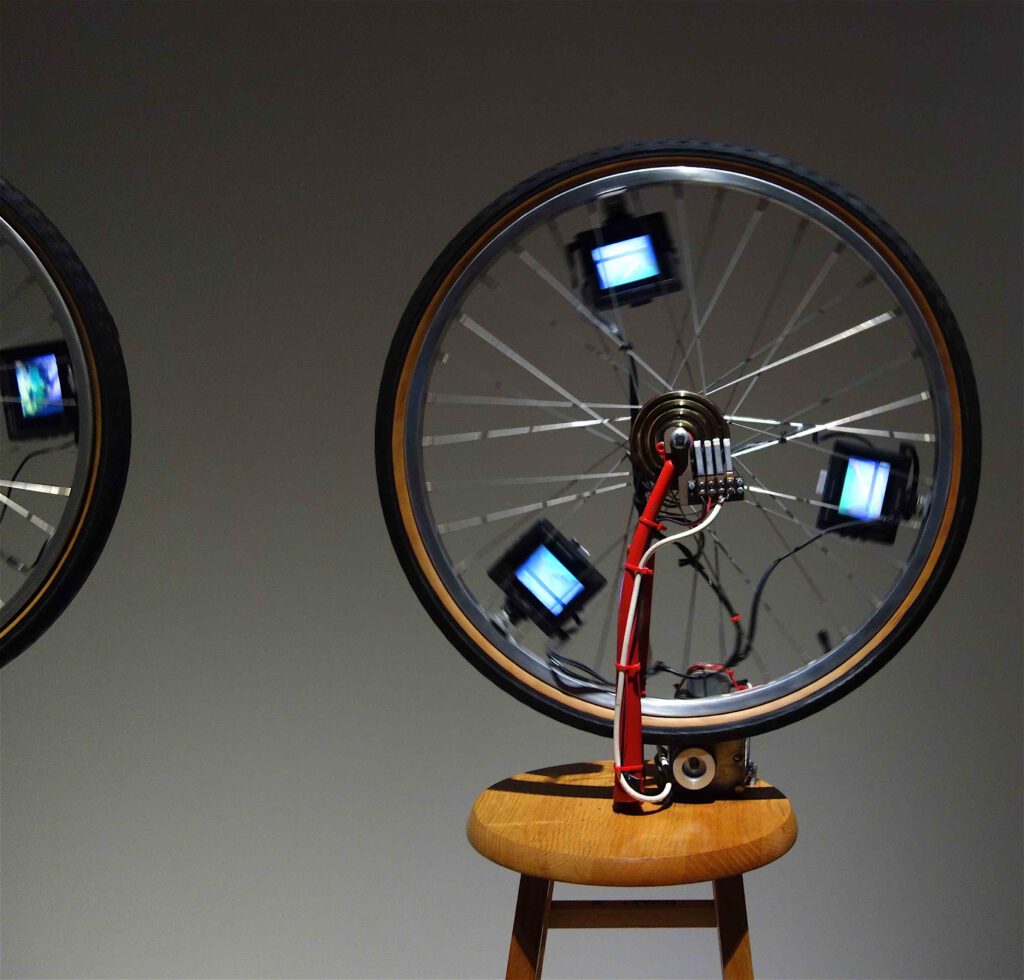
2ヶ月前 @ アートバーゼル2021年、比較参照:
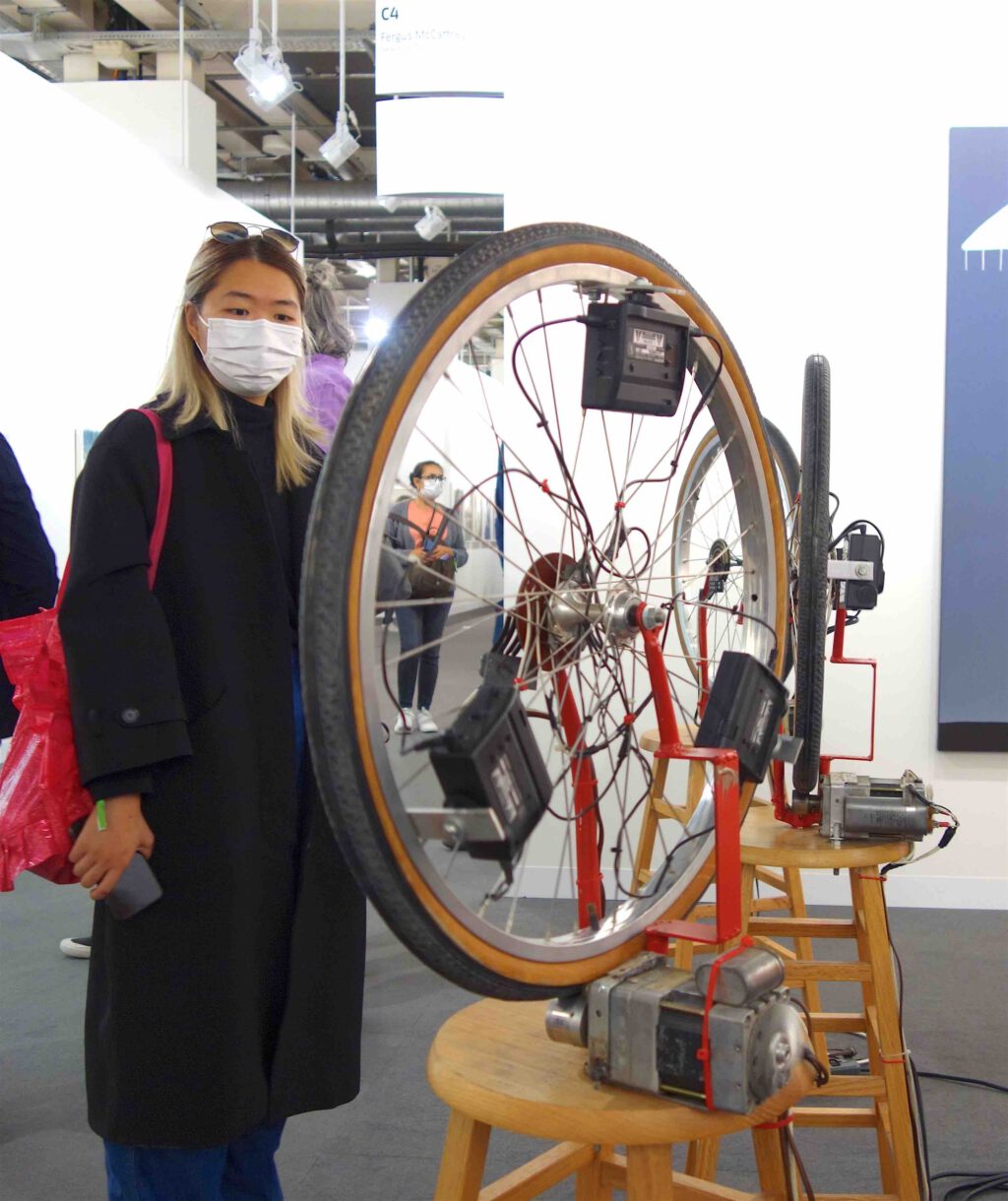
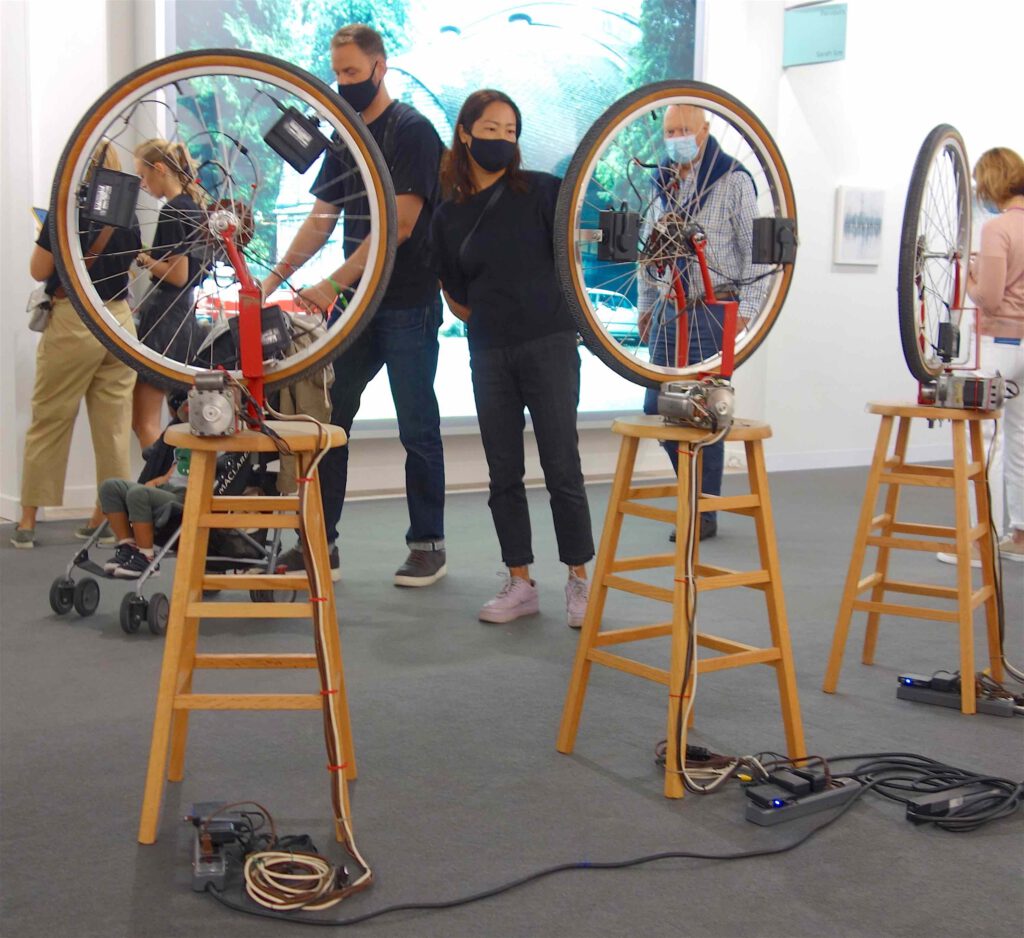
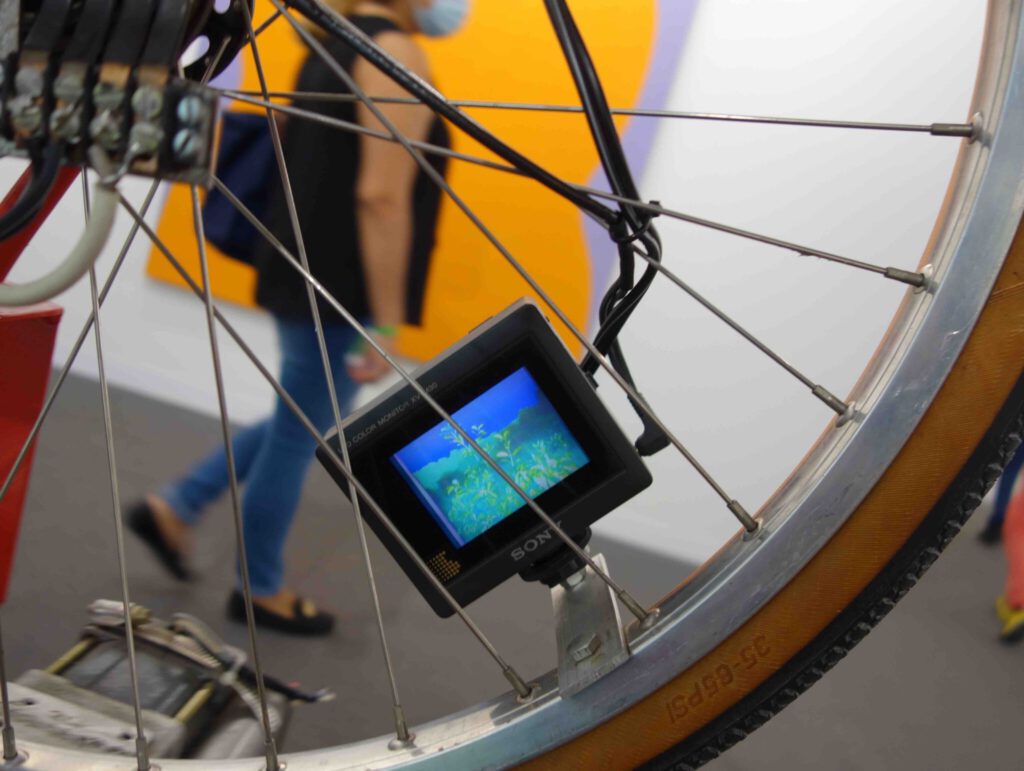
Bicycle wheels mounted on wooden stools with motors, six, three inch liquid crystal monitors, single-channel video (color, sound) Three figures, each: 147.3 x 63.5 x 38.1 cm) KUB-0003. Iteration work, edition 1/3. Directly coming from the Shigeko Kubota Estate. 275.000 US$
Art Basel booth Fergus McCaffrey
22 sec
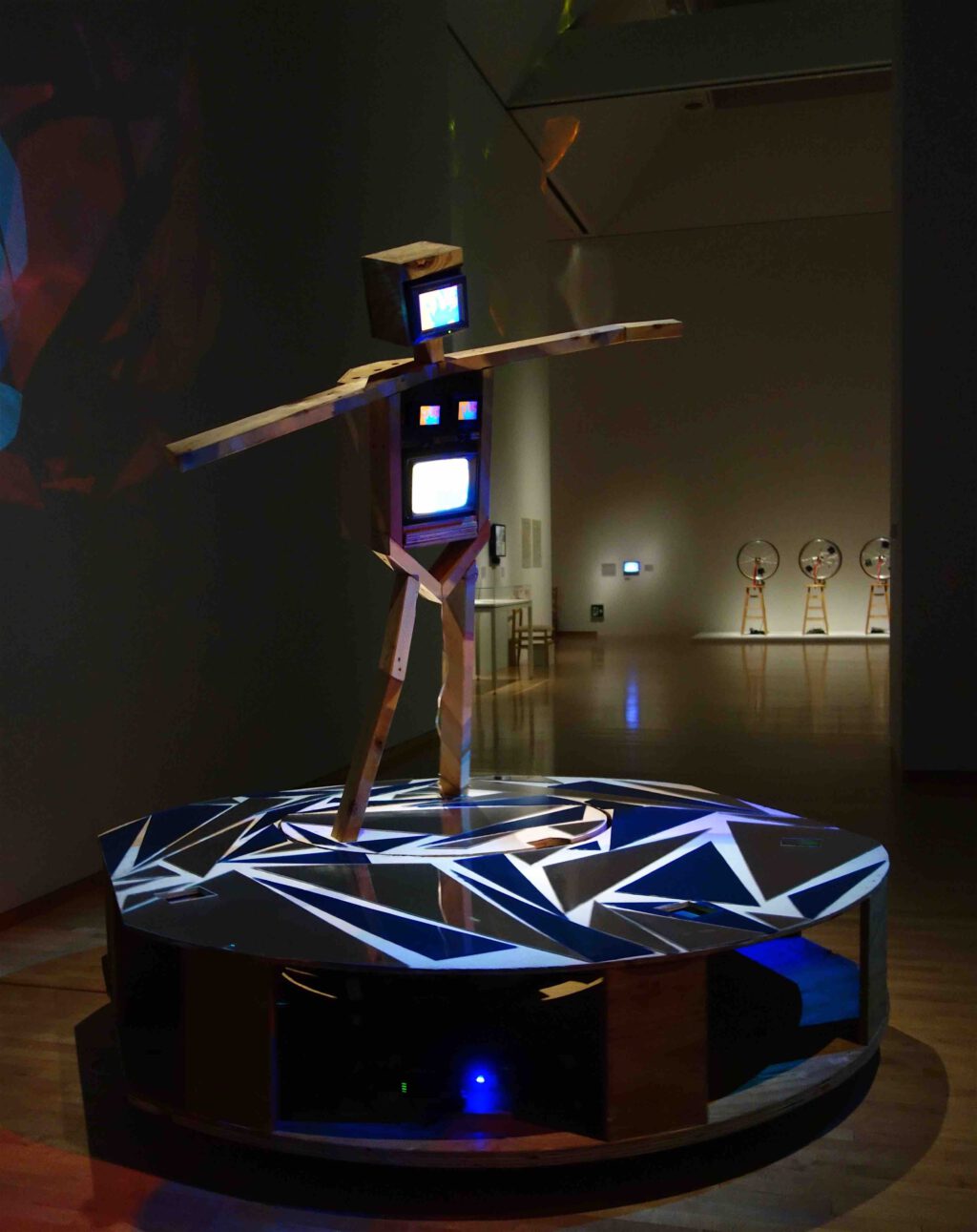
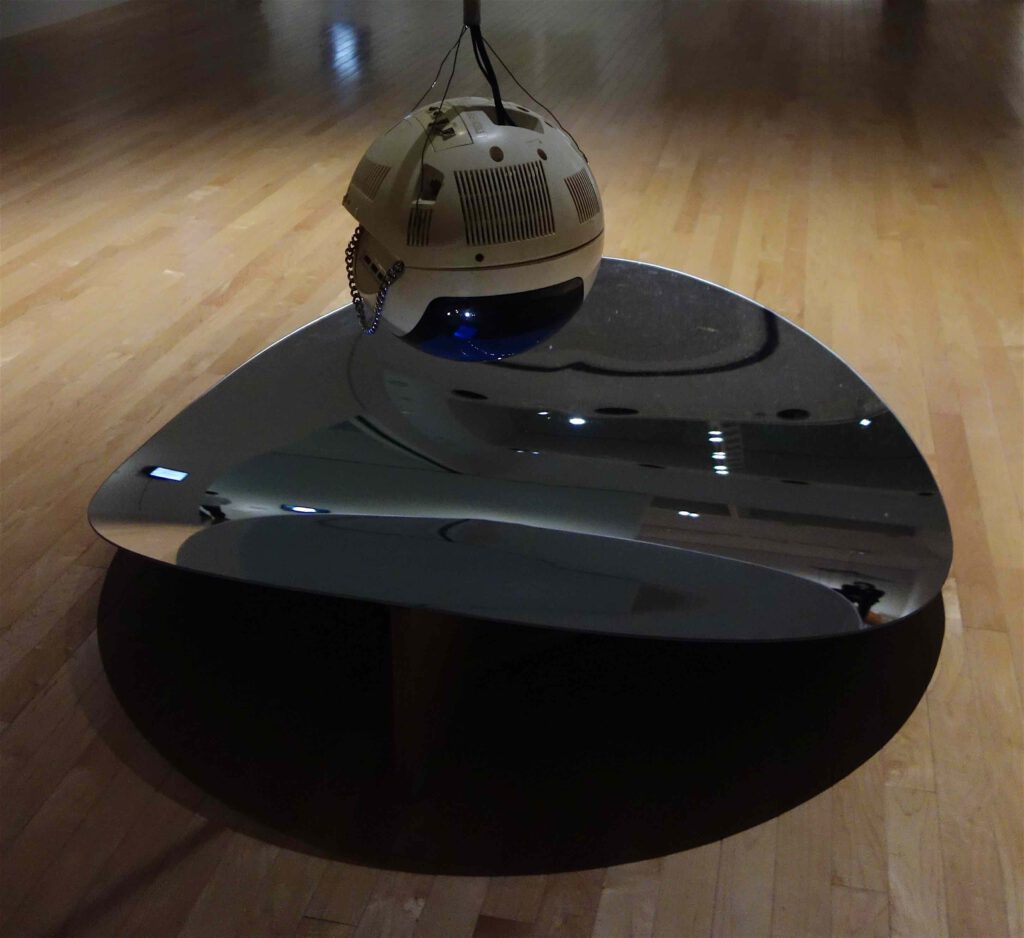
Seoul-2010.jpg)
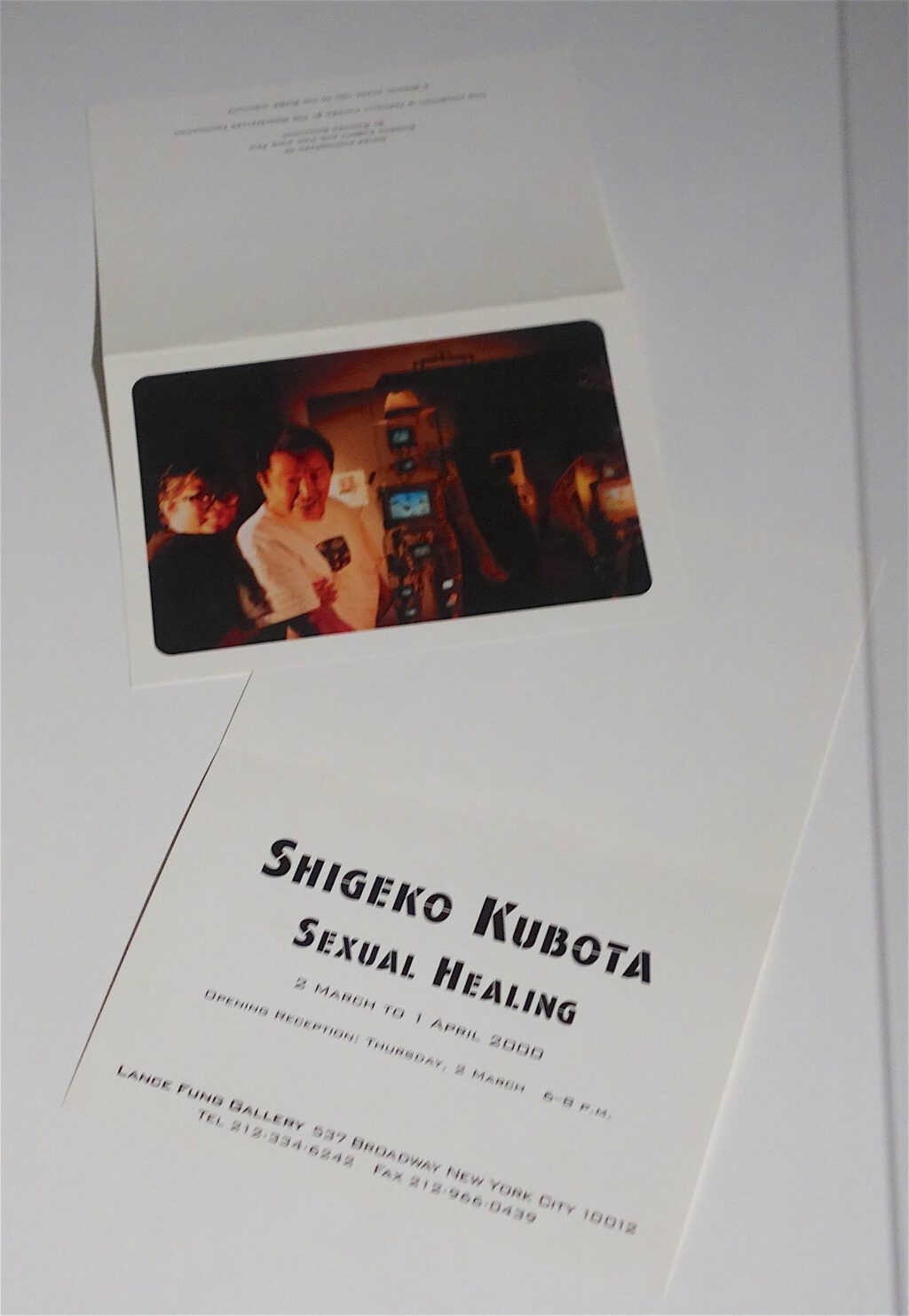
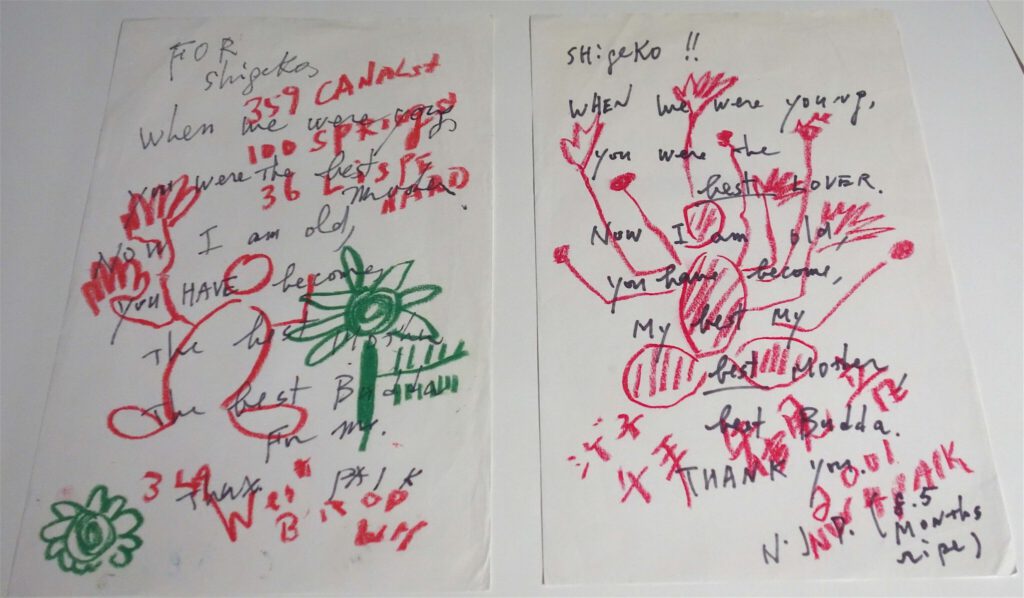
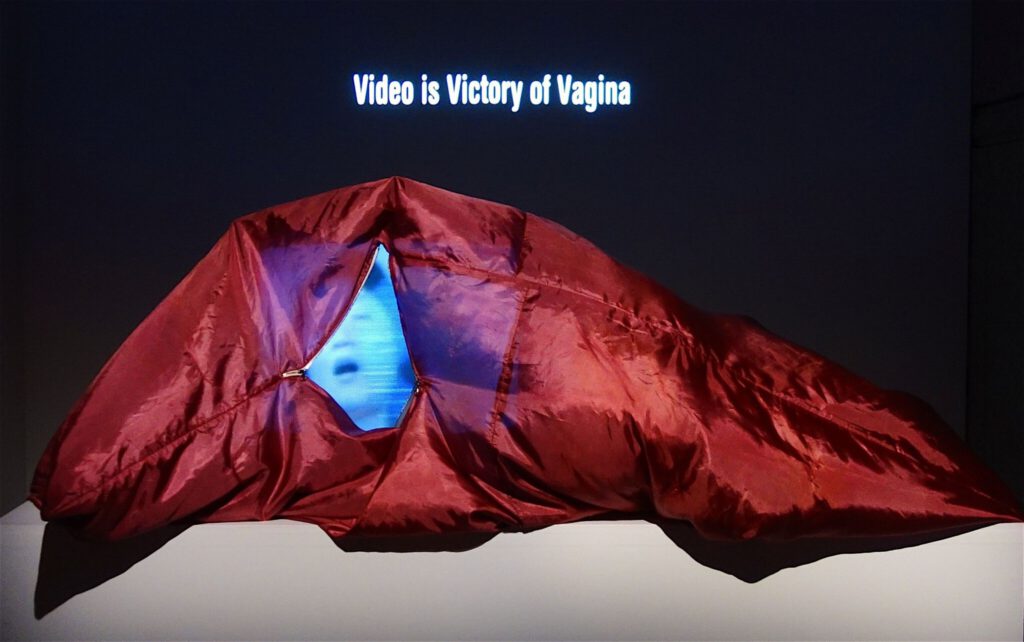
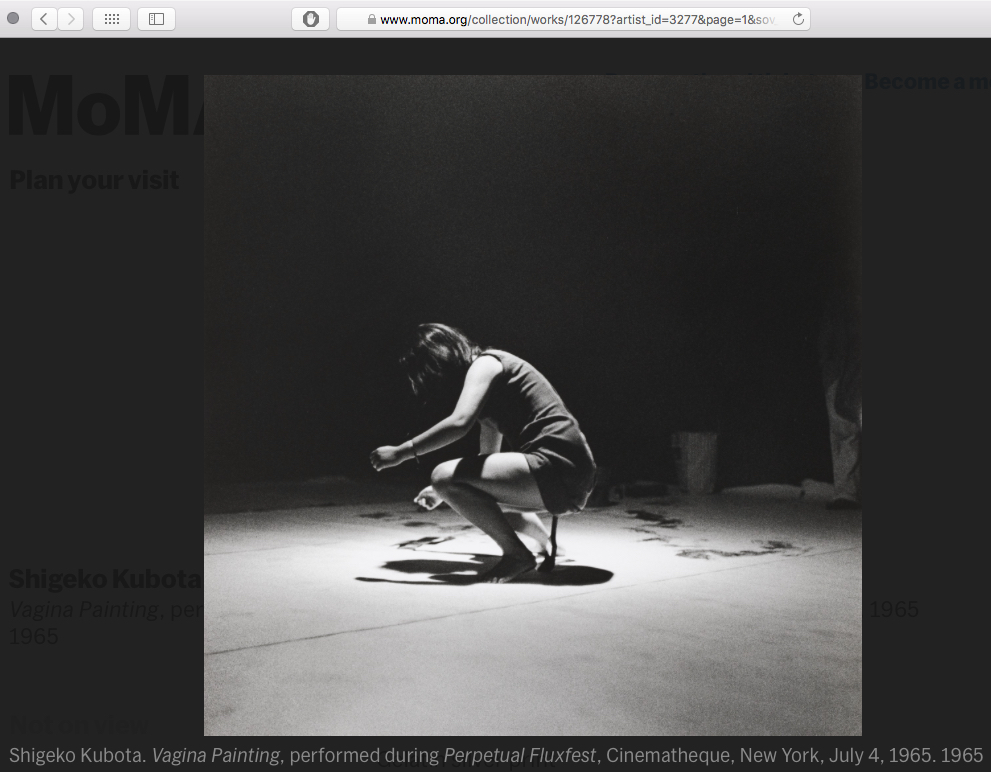
A different performance, compare Kubota’s clothes
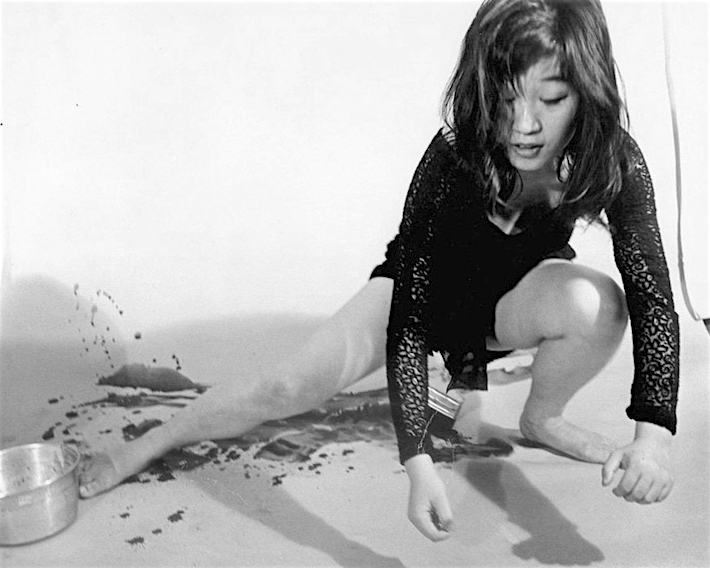
Refer to:
大注目を浴びた池田亮司(アーティストたちによって裸にされたアート・バーゼル、さえも*)2021年度
IKEDA Ryoji attracted considerable attention (ART BASEL Stripped Bare by Her Artists, Even*) 2021 version
https://art-culture.world/articles/art-basel-2021/
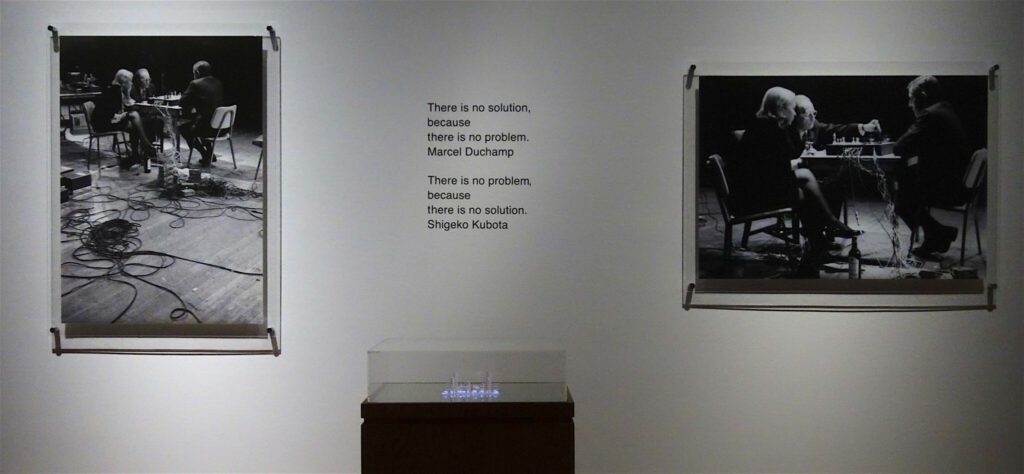
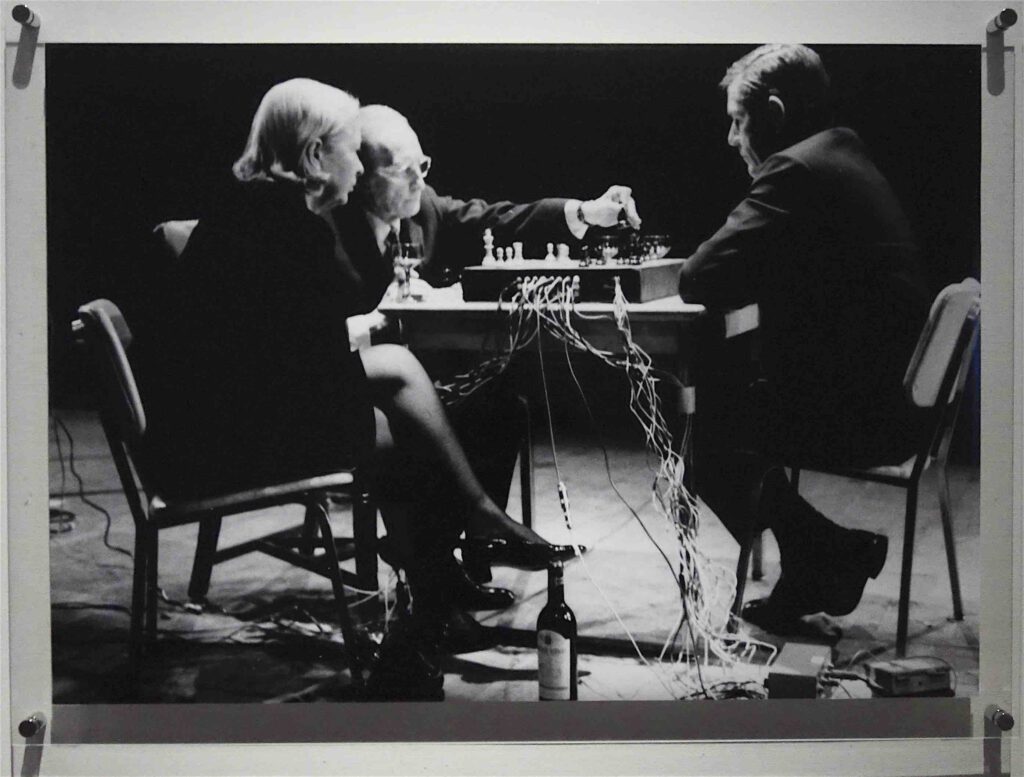

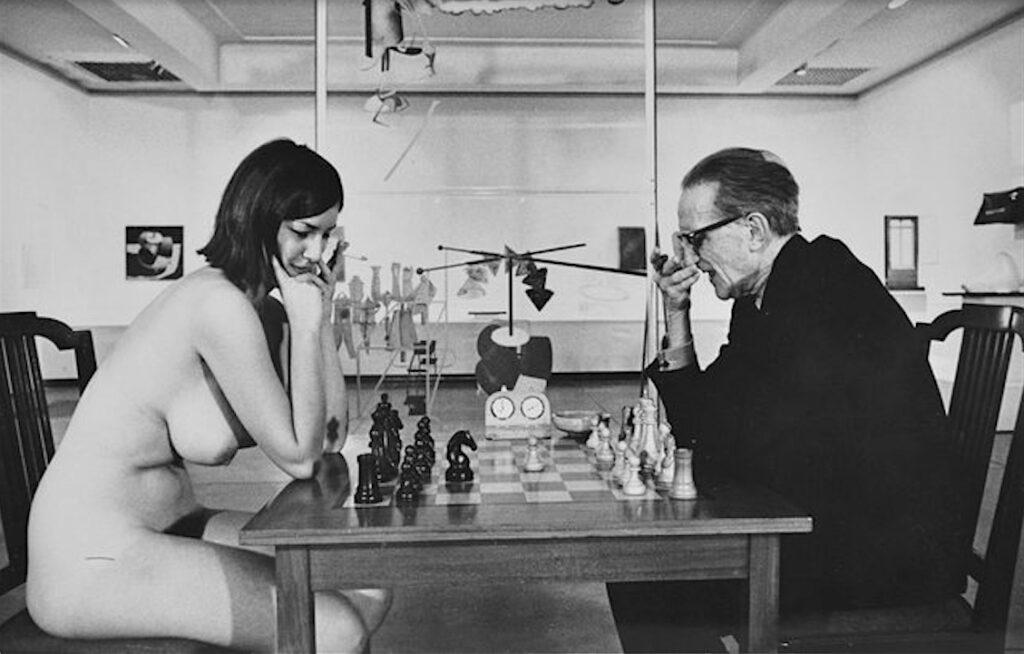
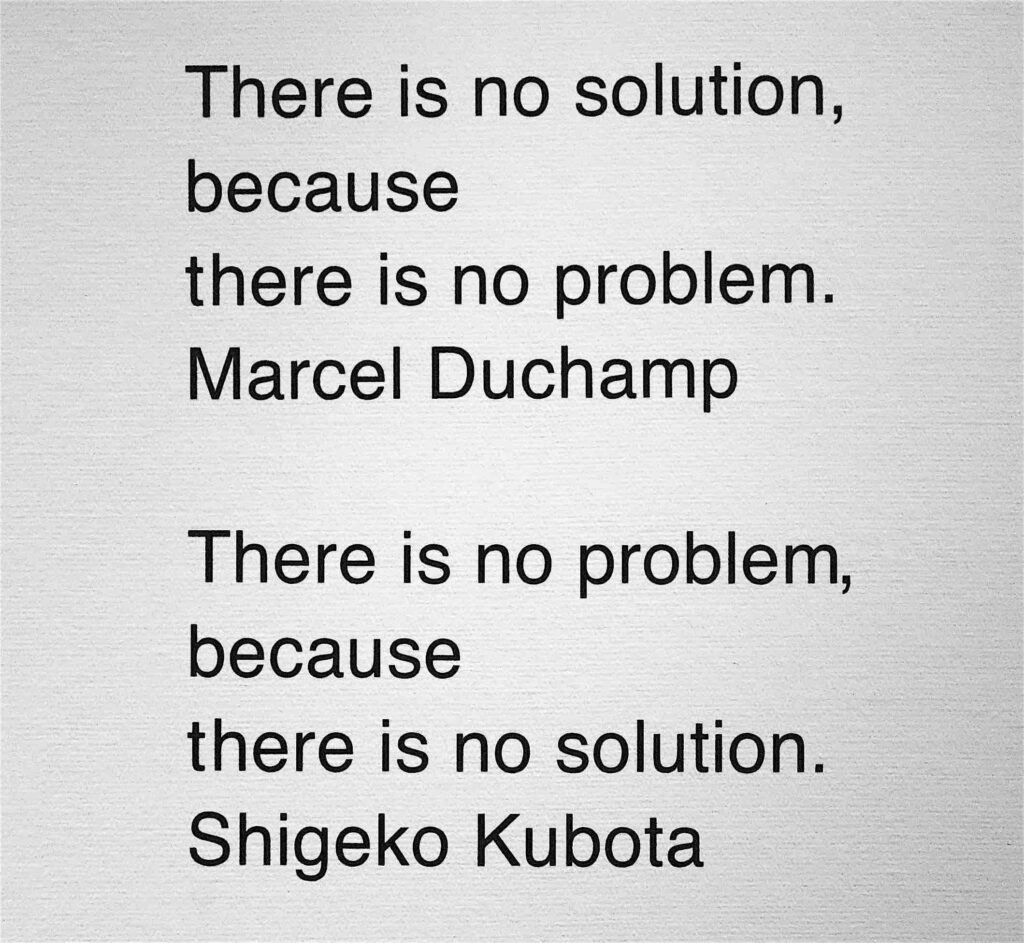
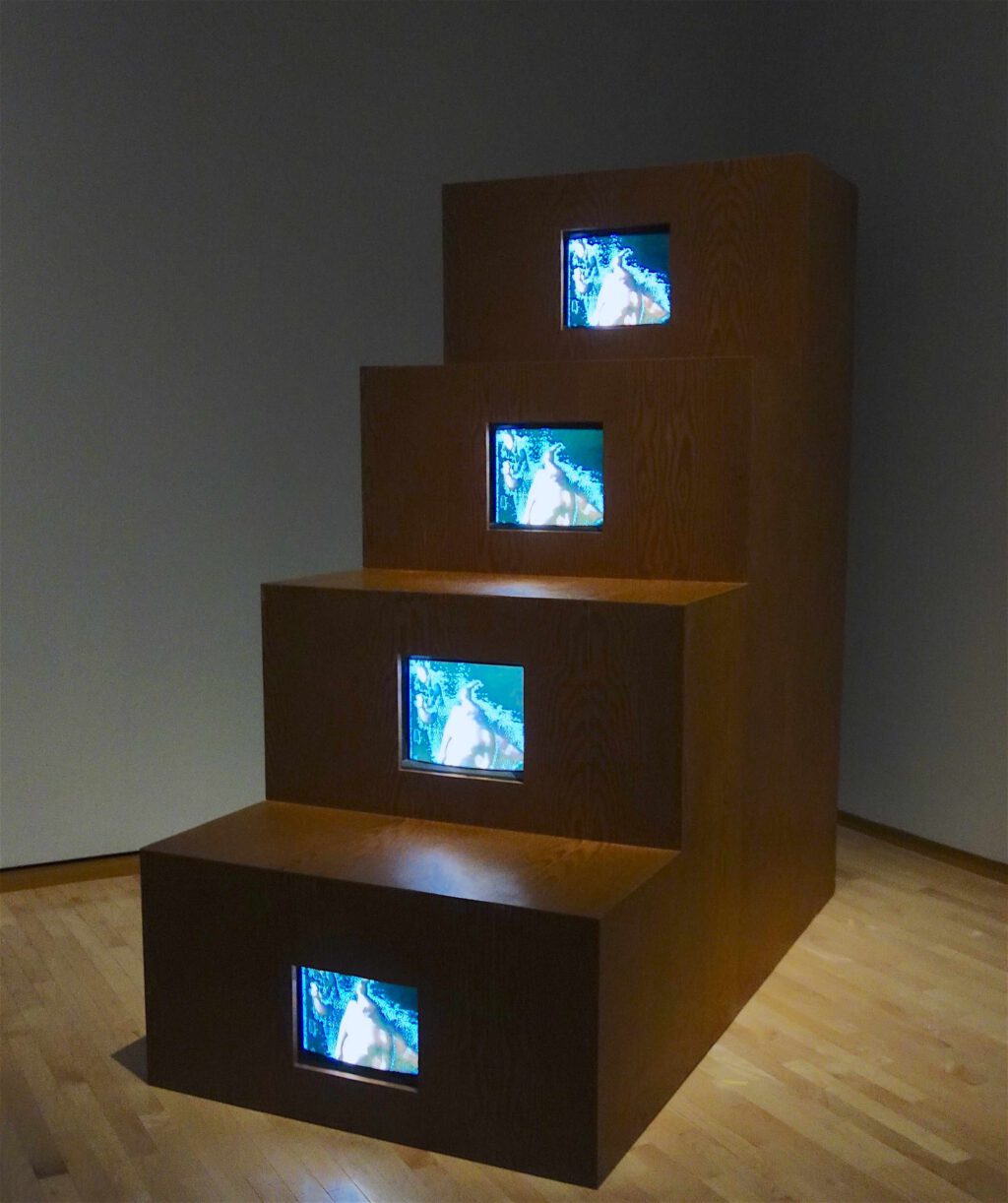
比較 compare with:
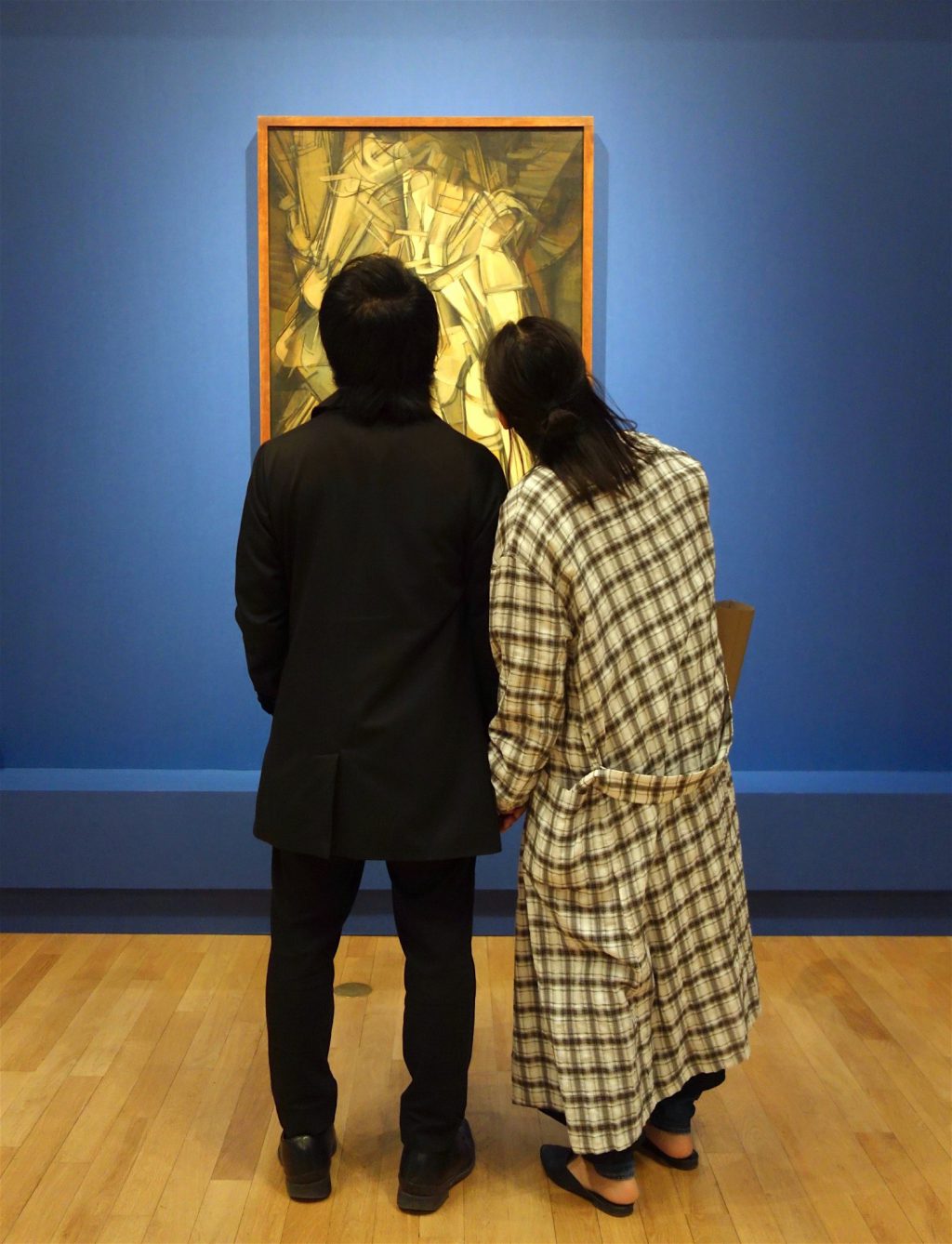
マルセル・デュシャン 階段を降りる裸婦 No 2, 1912年、油彩
参照 see more @
https://art-culture.world/articles/makida-emi-marcel-duchamp/
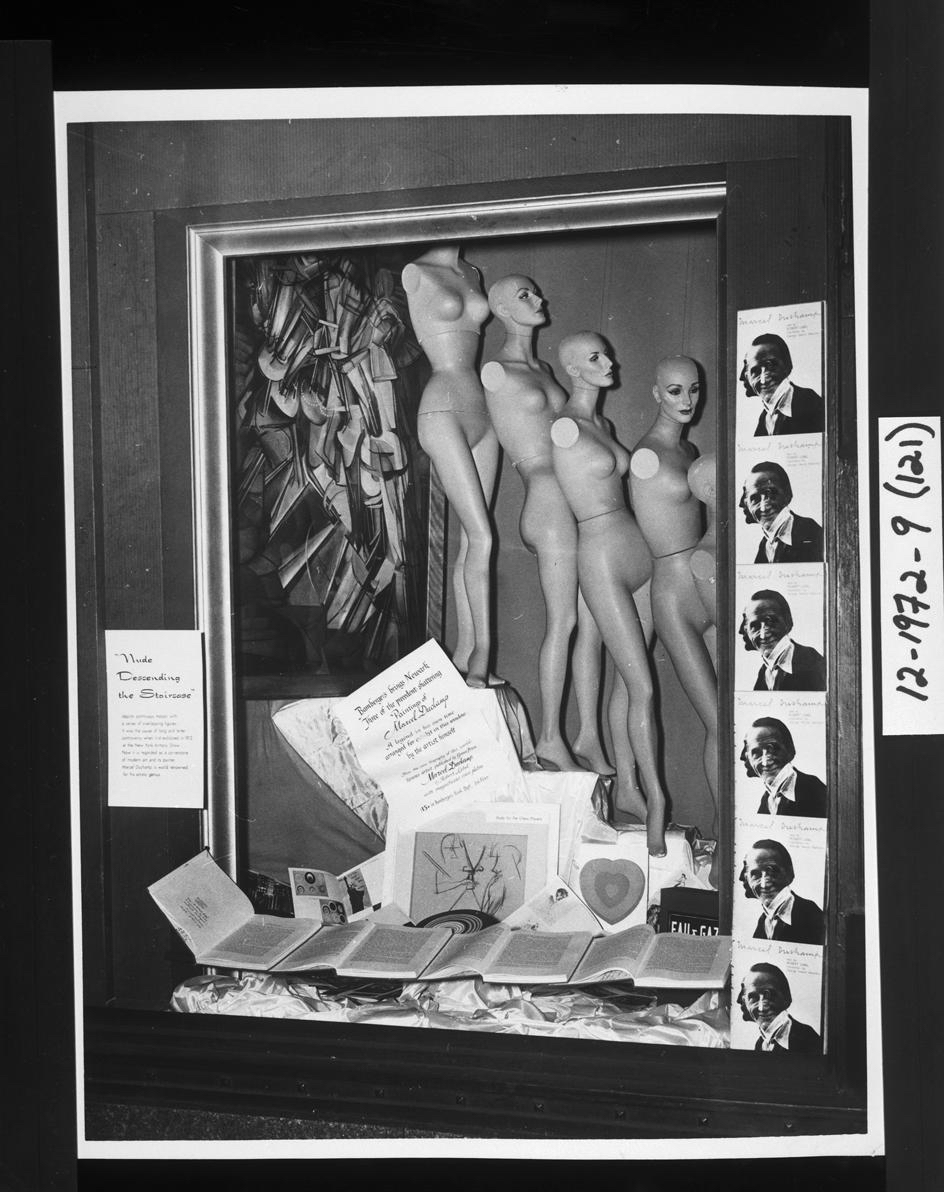
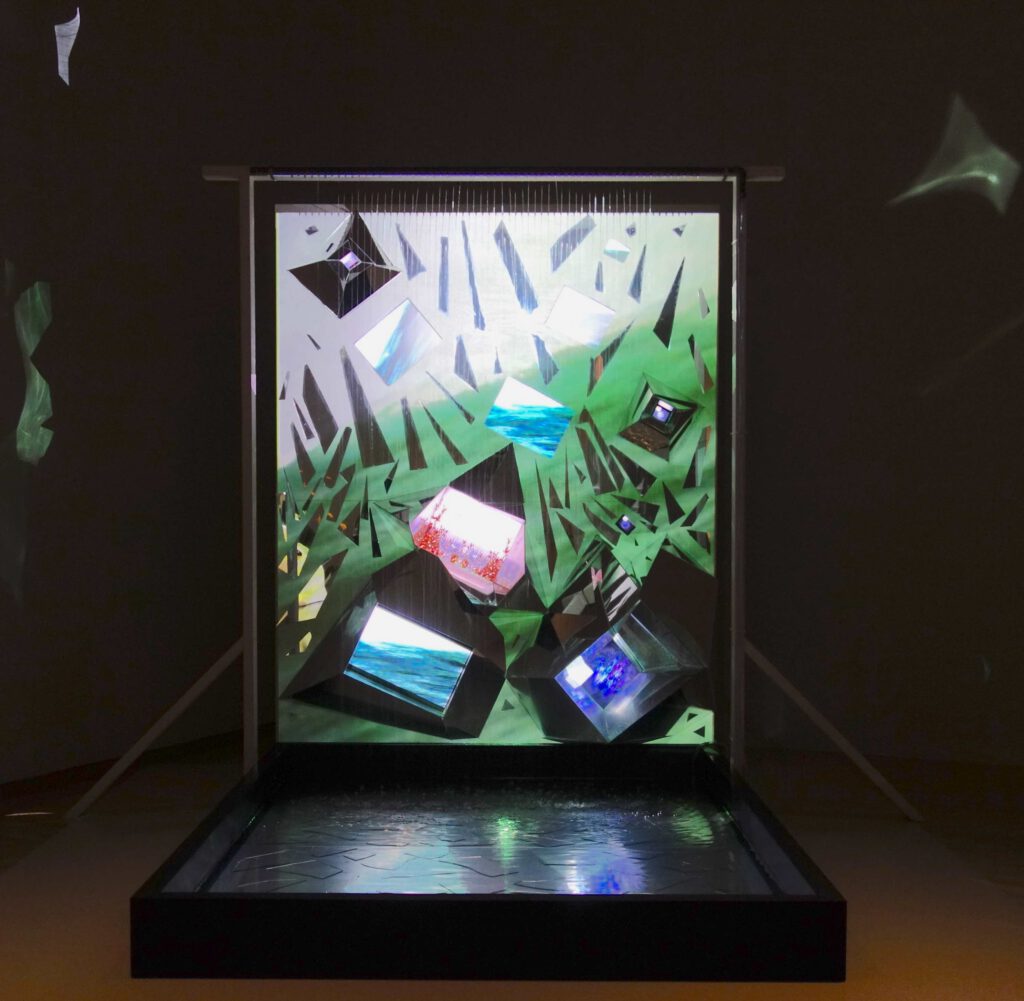
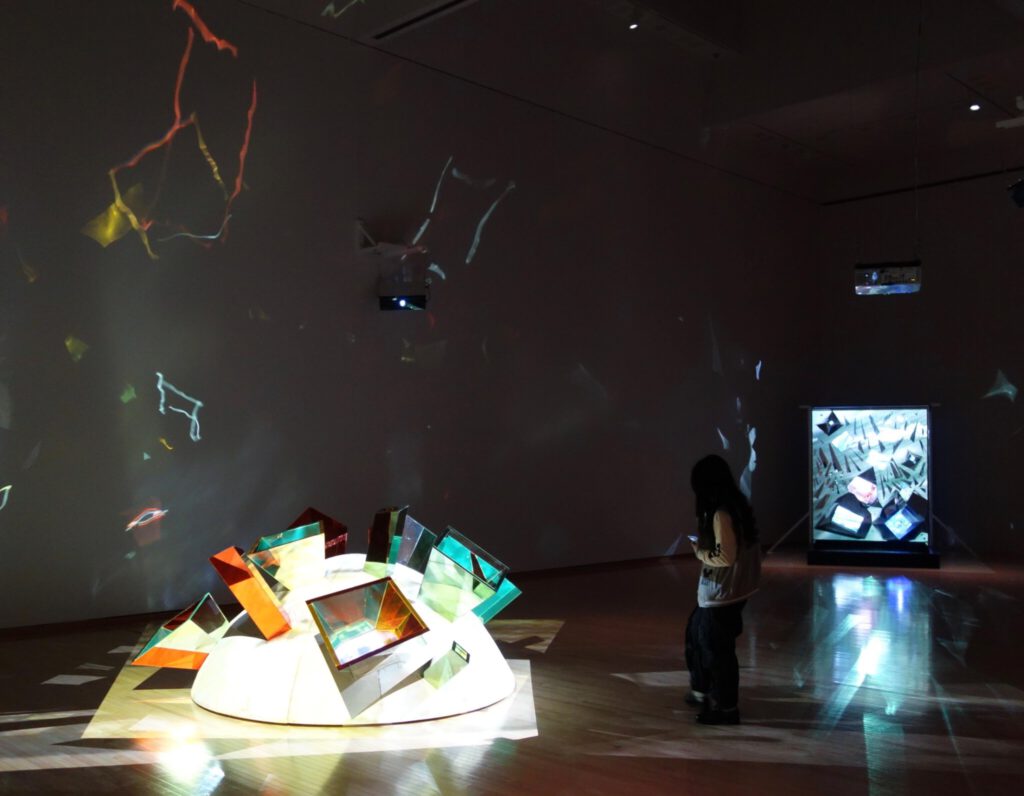
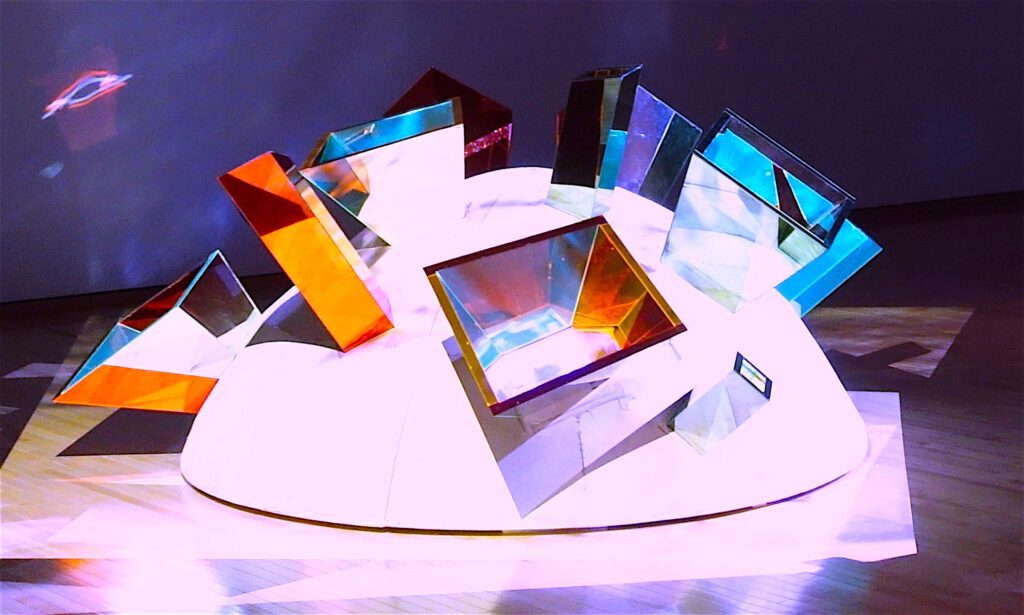


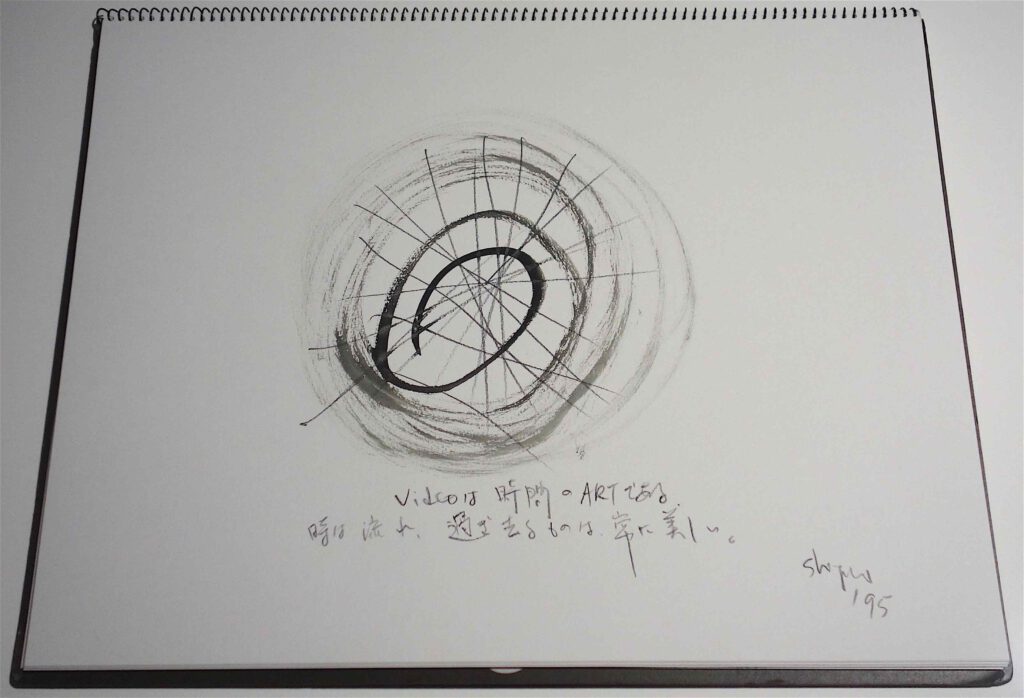
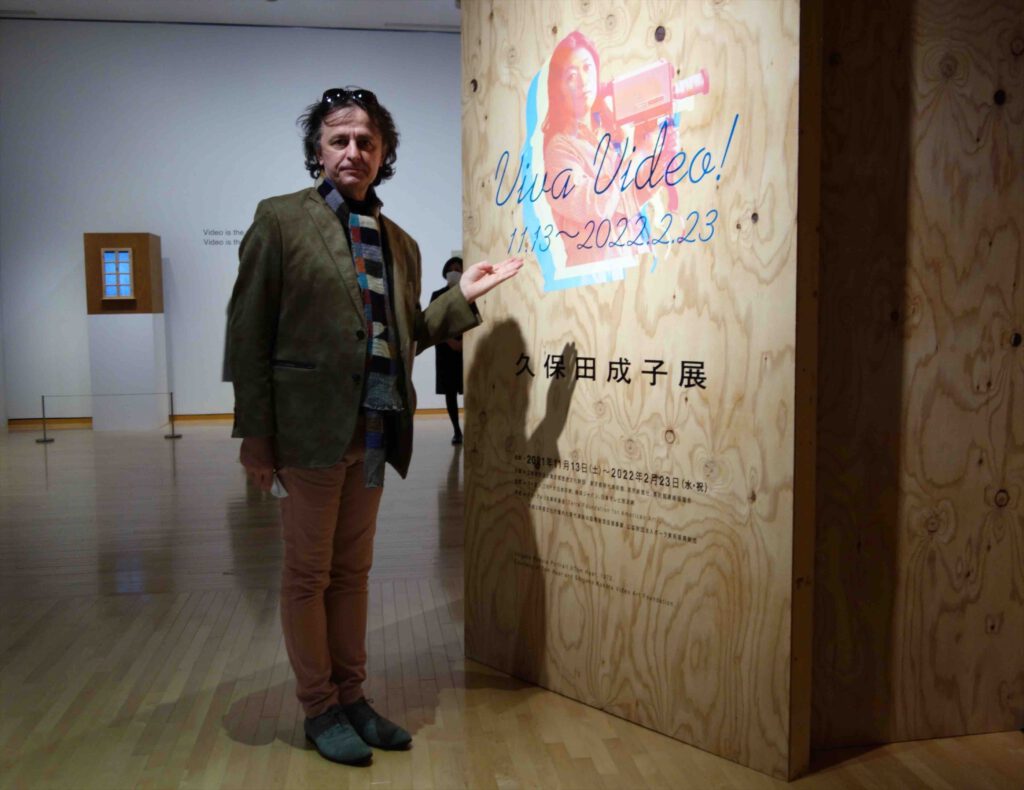
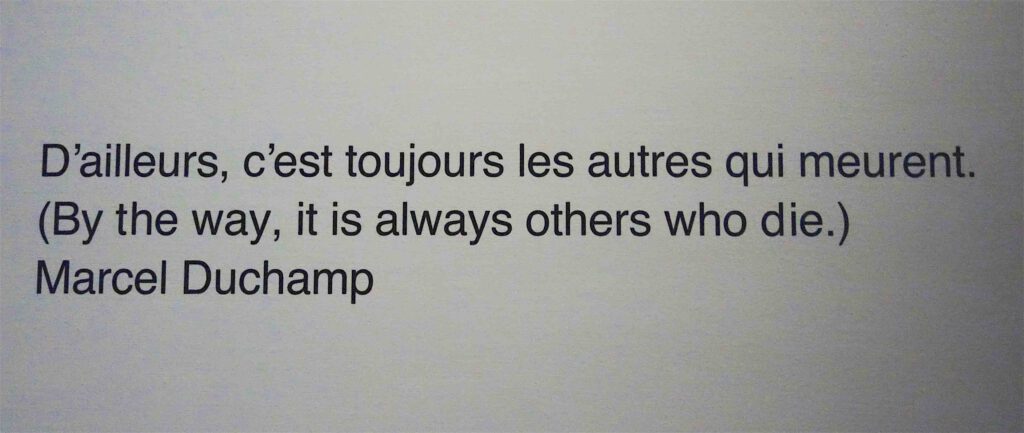
アップデート:
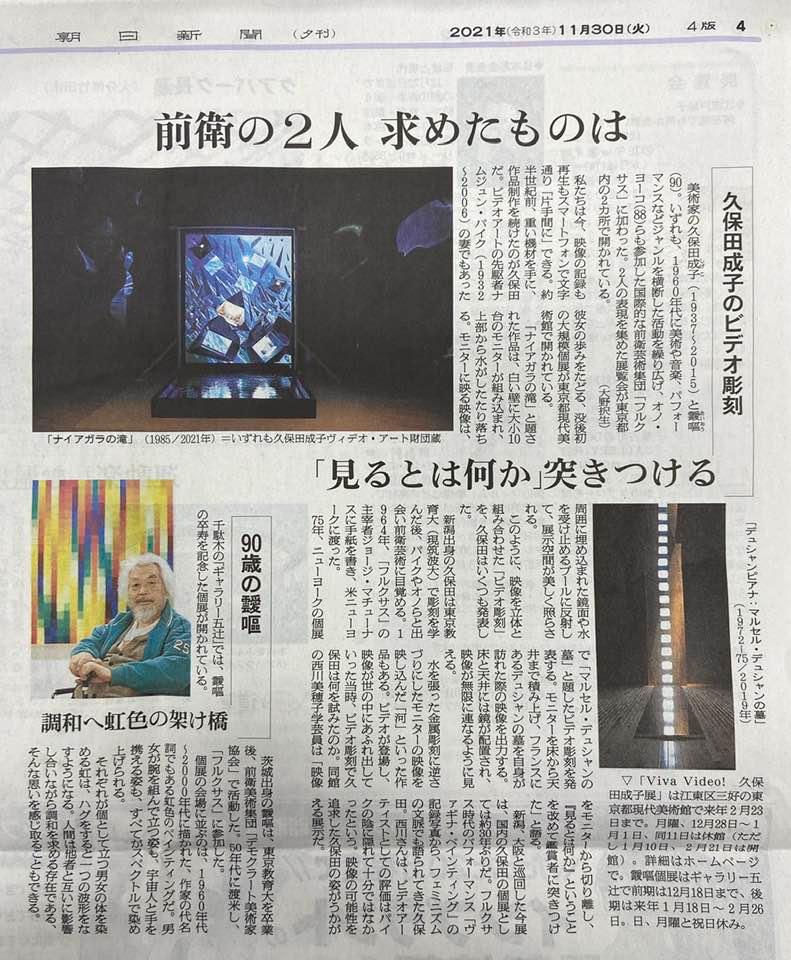
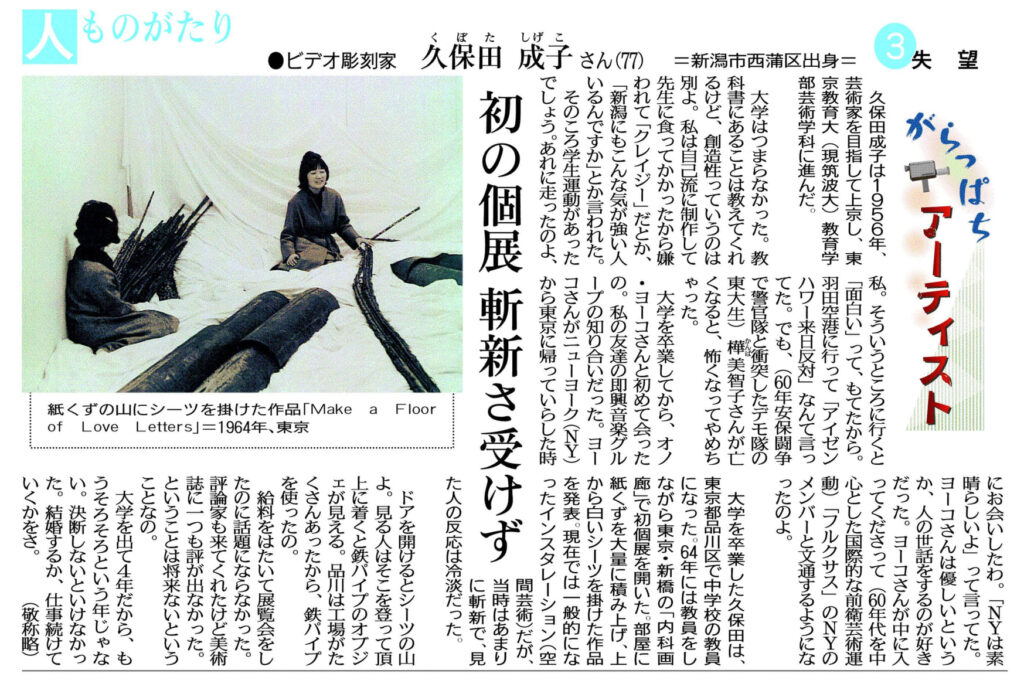
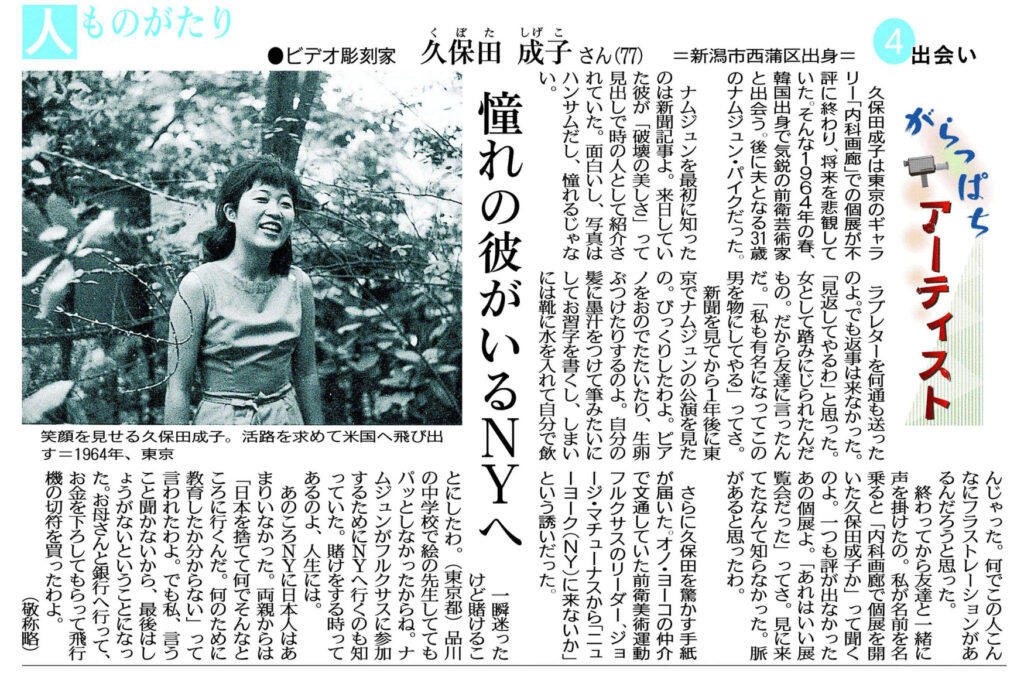
Shigeko Kubota with Phong Bui
In Conversation, SEPT 2007
quotes:
Rail: What sort of work were you making then, and did you get involved with many political activities as a student?
Kubota: Yes. I was a member of the most radical undergraduate group, the National Federation of Student Self-Government Association, which continued on even after college. When I got a job teaching high school in Tokyo, I became a member of the union. I was both socialist and communist. In 1964 I had my first one person show at Naiqua Gallery in Tokyo, with the floor filled with a ton of newspaper and a big metal sculpture in the shape of a long pipe in the middle of the space. It was very well received, but I felt that I needed to go to New York, so I called my union friends, to say goodbye, and they were all very disappointed. They said “Oh why would you want to go to a capitalist city?” and I said, “You know, for art you have to go to New York.”
…
Rail: What happened when you came to New York in 1964?
Kubota: George Maciunas came with a rented car and picked me and my friend Mieko Siomi up at Kennedy airport and took us directly to his loft on 159 Canal Street, which at the time was at the Fluxus center. That’s where I met everybody: Nam June Paik, Dick Higgens, George Brecht (who came from New Jersey), and many others, Joe Jones, Alison Knowles. All of us were poor and crazy. It was a most exciting time.
…
Rail: Right. He named you the Vice President of Fluxus. At any rate, what was your friendship with Duchamp and Cage like? In what sense did their work have an influence on you?
Kubota: I knew of John Cage because of his first visit to Japan in 1962, and through him I learned about Duchamp and his work. Later, I met Duchamp on a plane as we were both going there for Merce Cunningham’s opening of Walk Around Time, in Buffalo.
…
Rail: You have said that the invention of video has allowed both men and women to co-exist in the same space.
Kubota: Right. It was equal to both men and women because it was new and fairly inexpensive and we all had the same access to it.
…
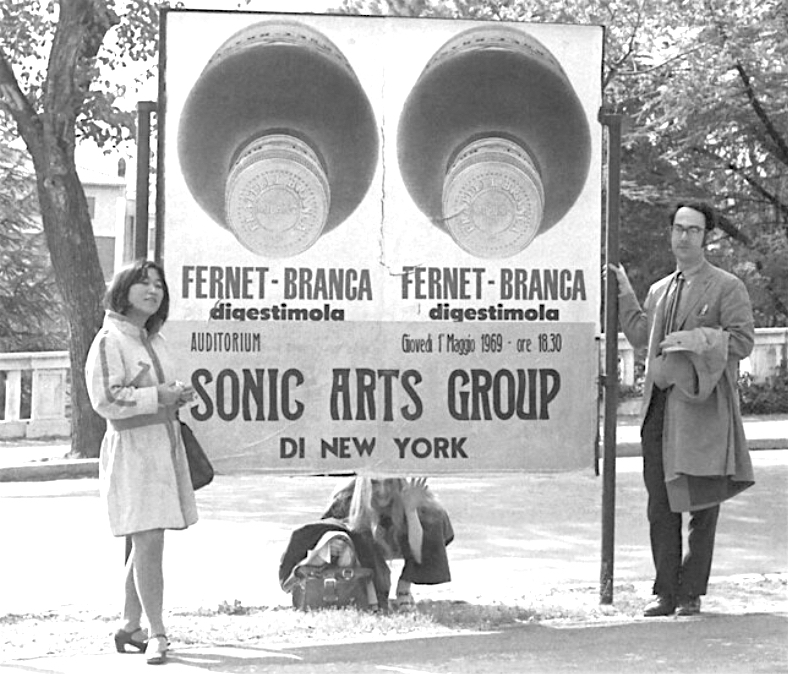
Kubota: …Eventually I left my first husband, David Behrman, and got married to Nam June.
Rail: Did your parents object to the fact that you were married to a Korean?
Kubota: From having a Jew to a Korean? Forget about it. They gave up on me a long time ago. [laugh]
full text:
https://brooklynrail.org/2007/09/art/kubota
